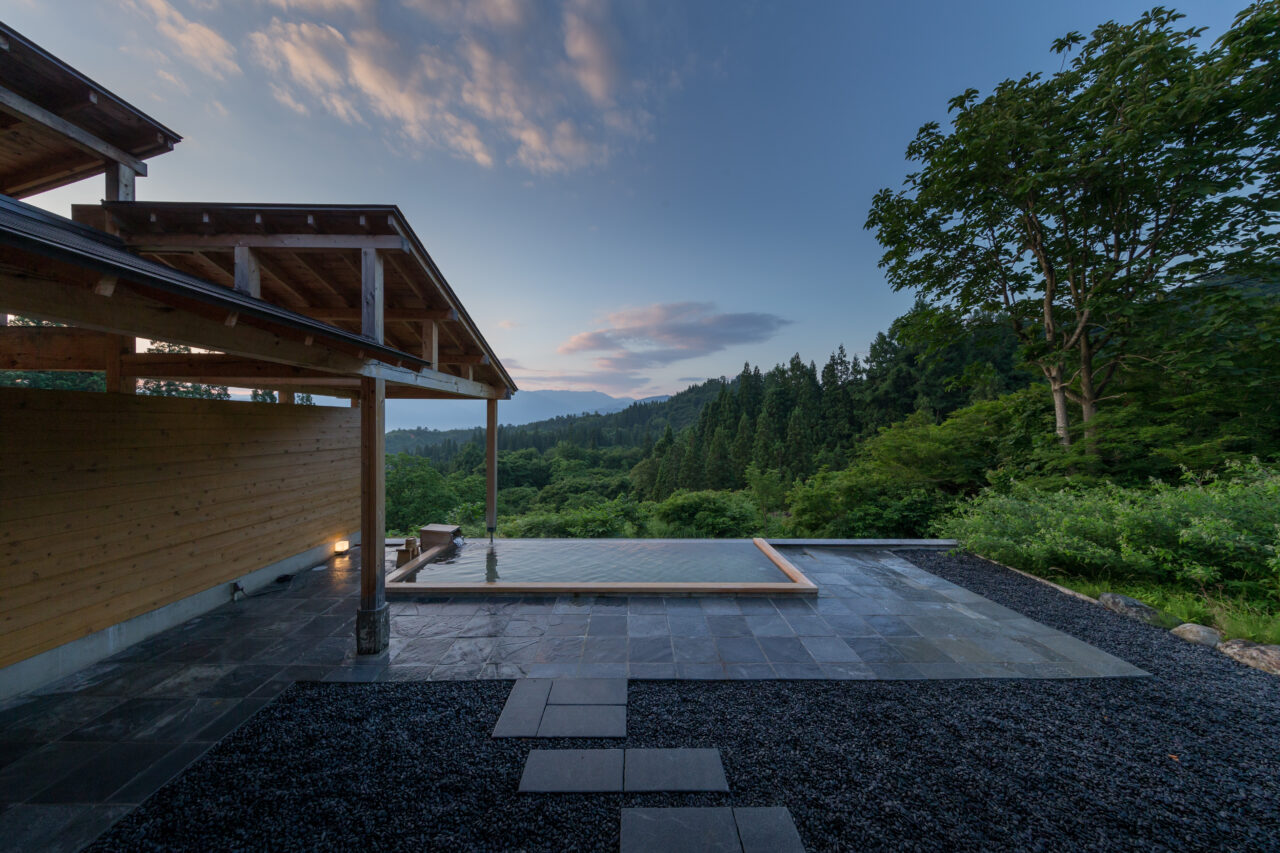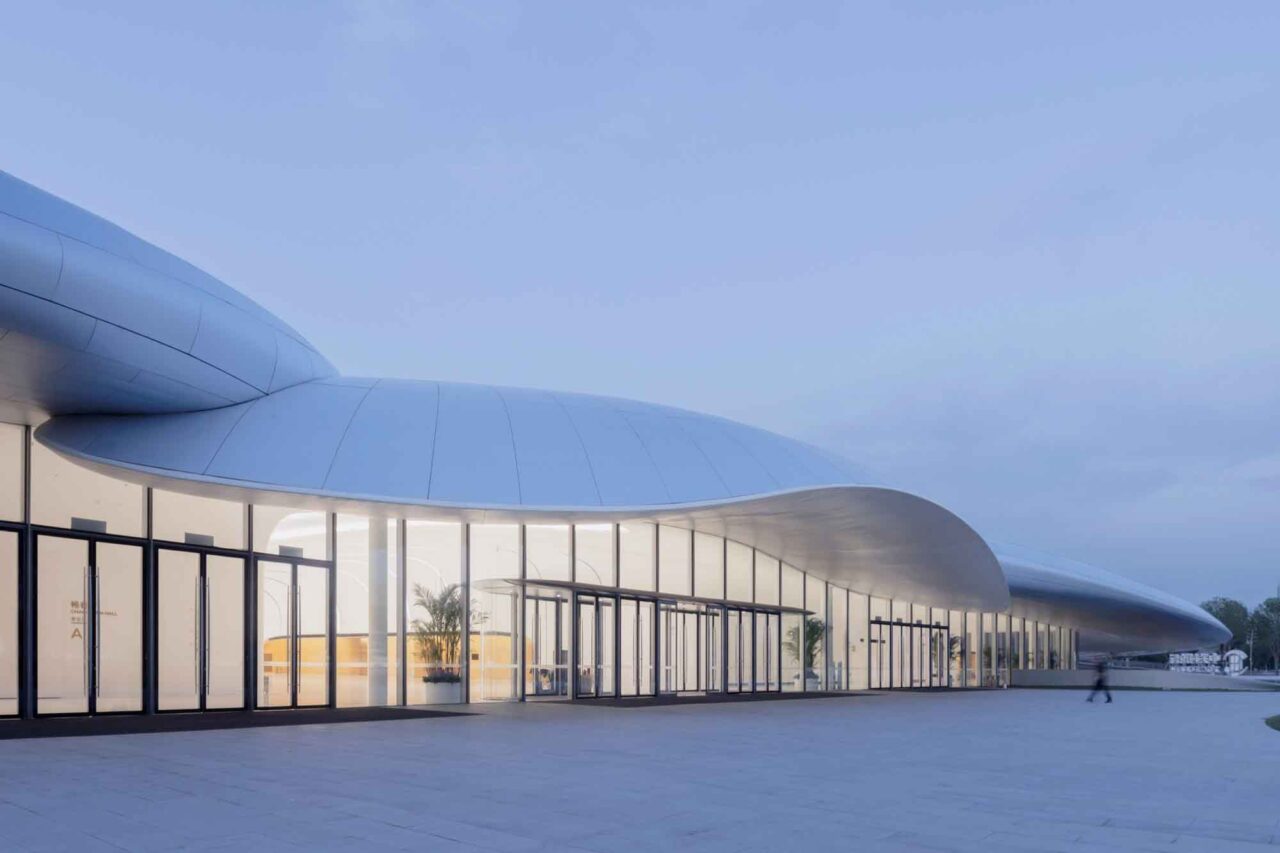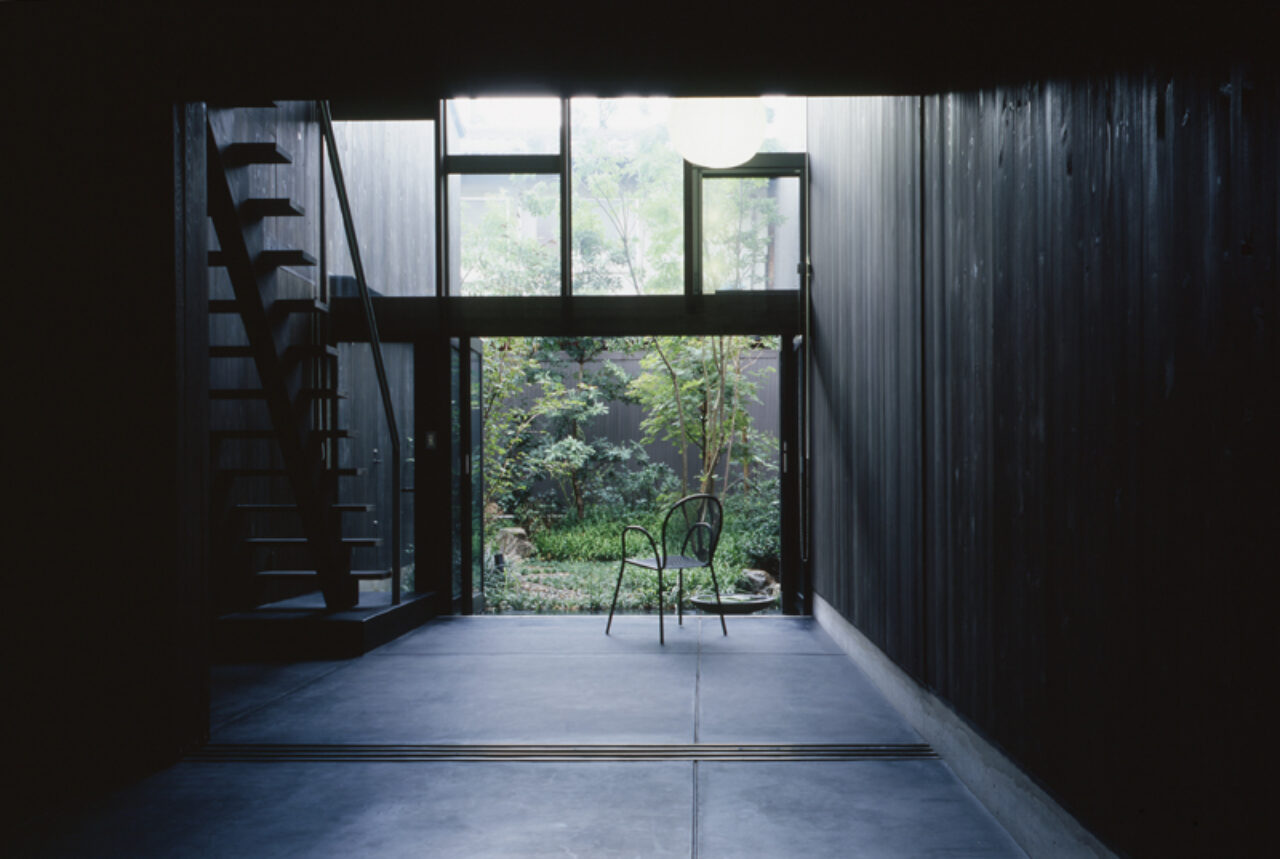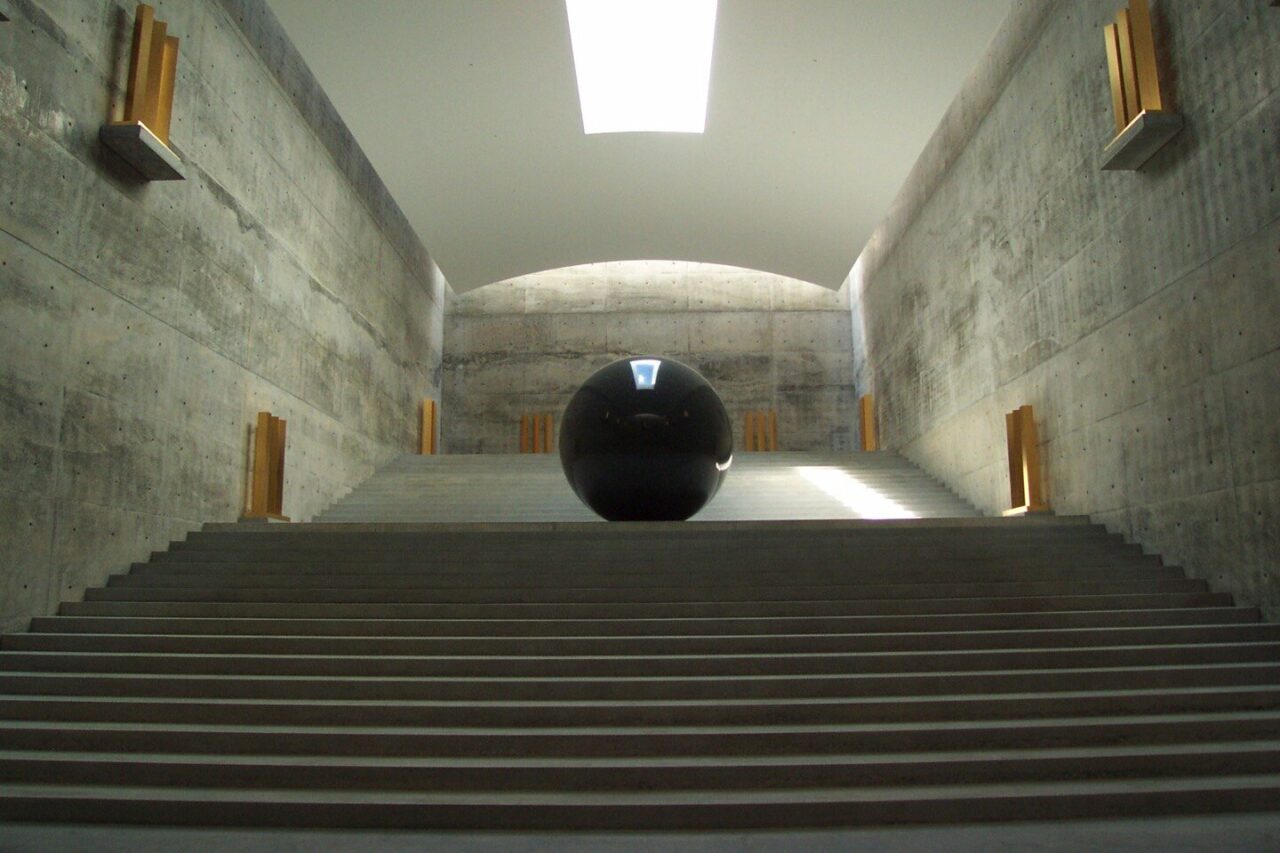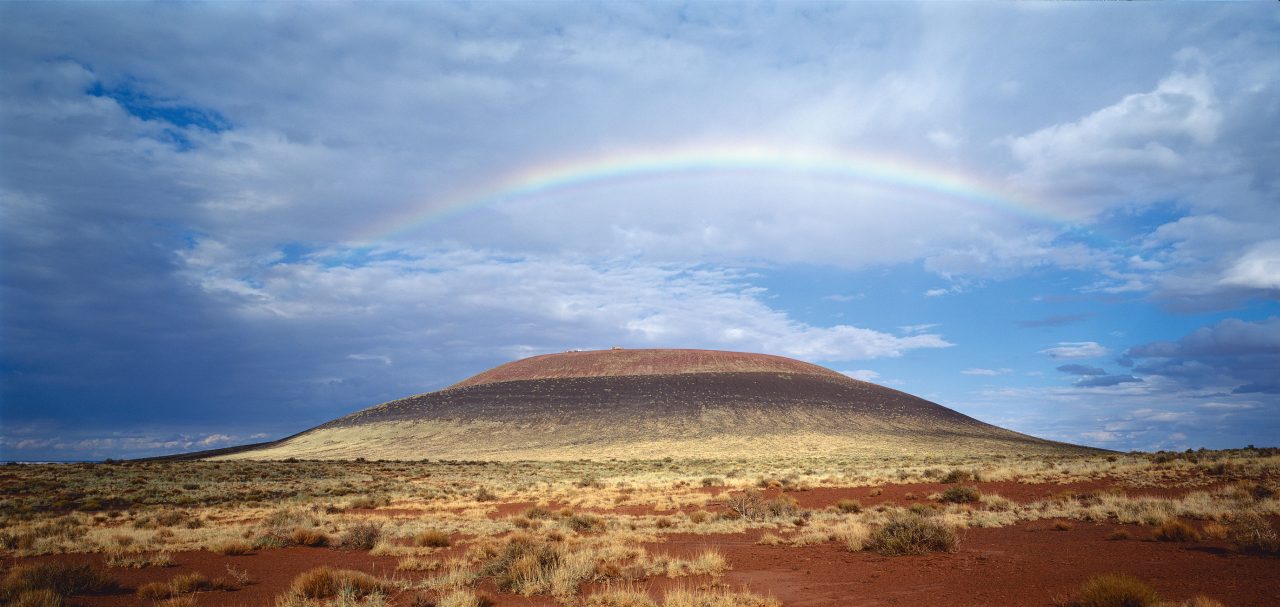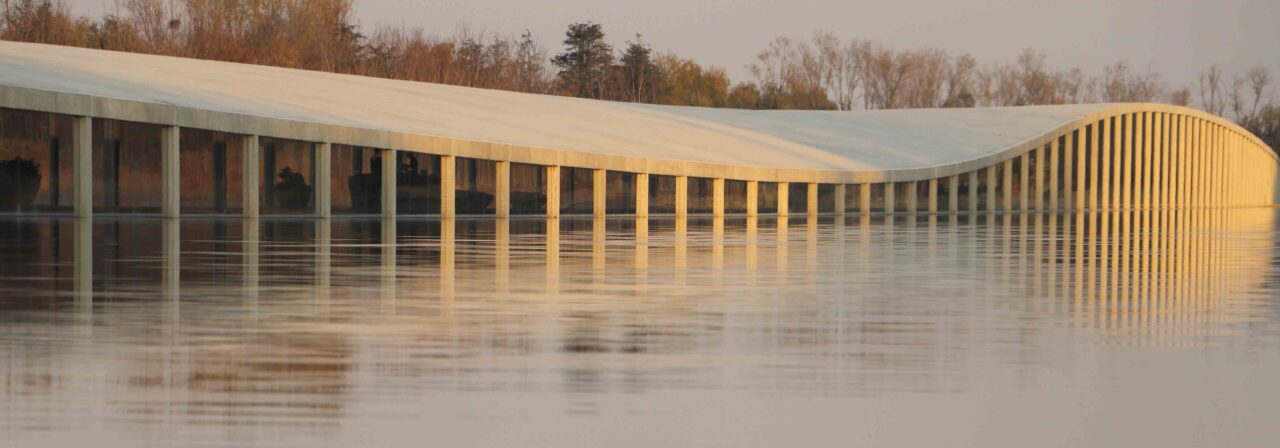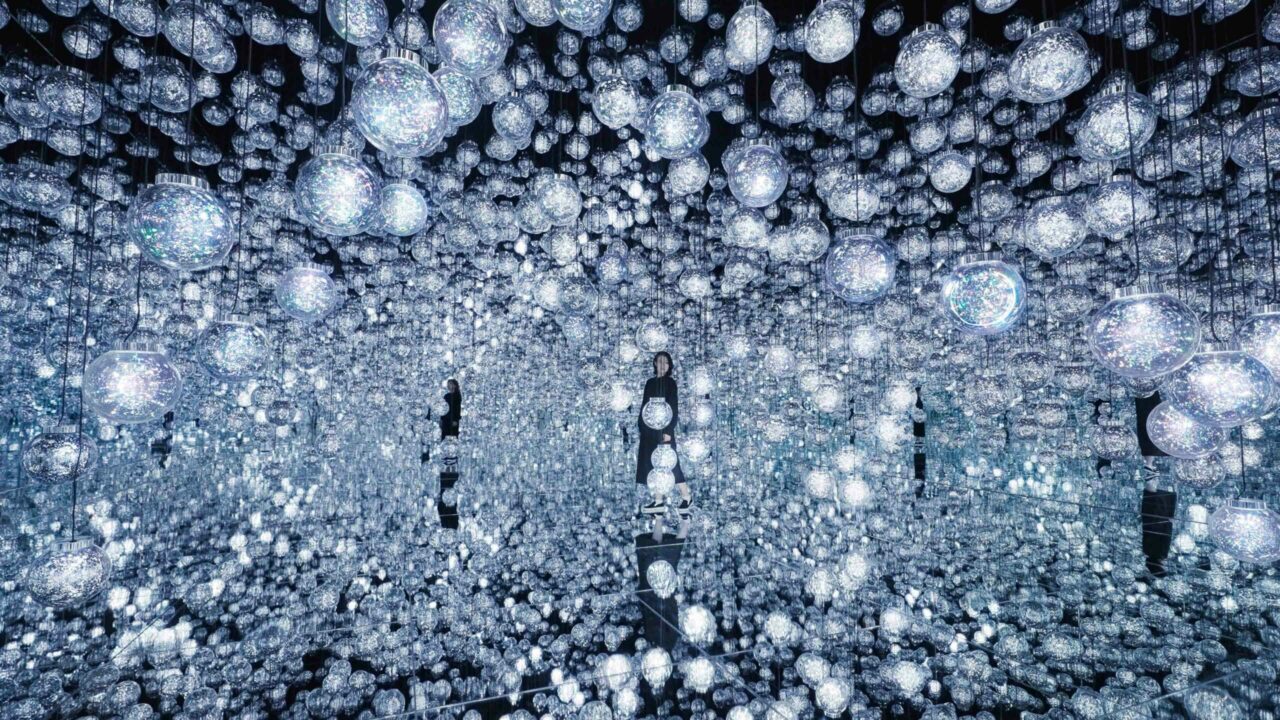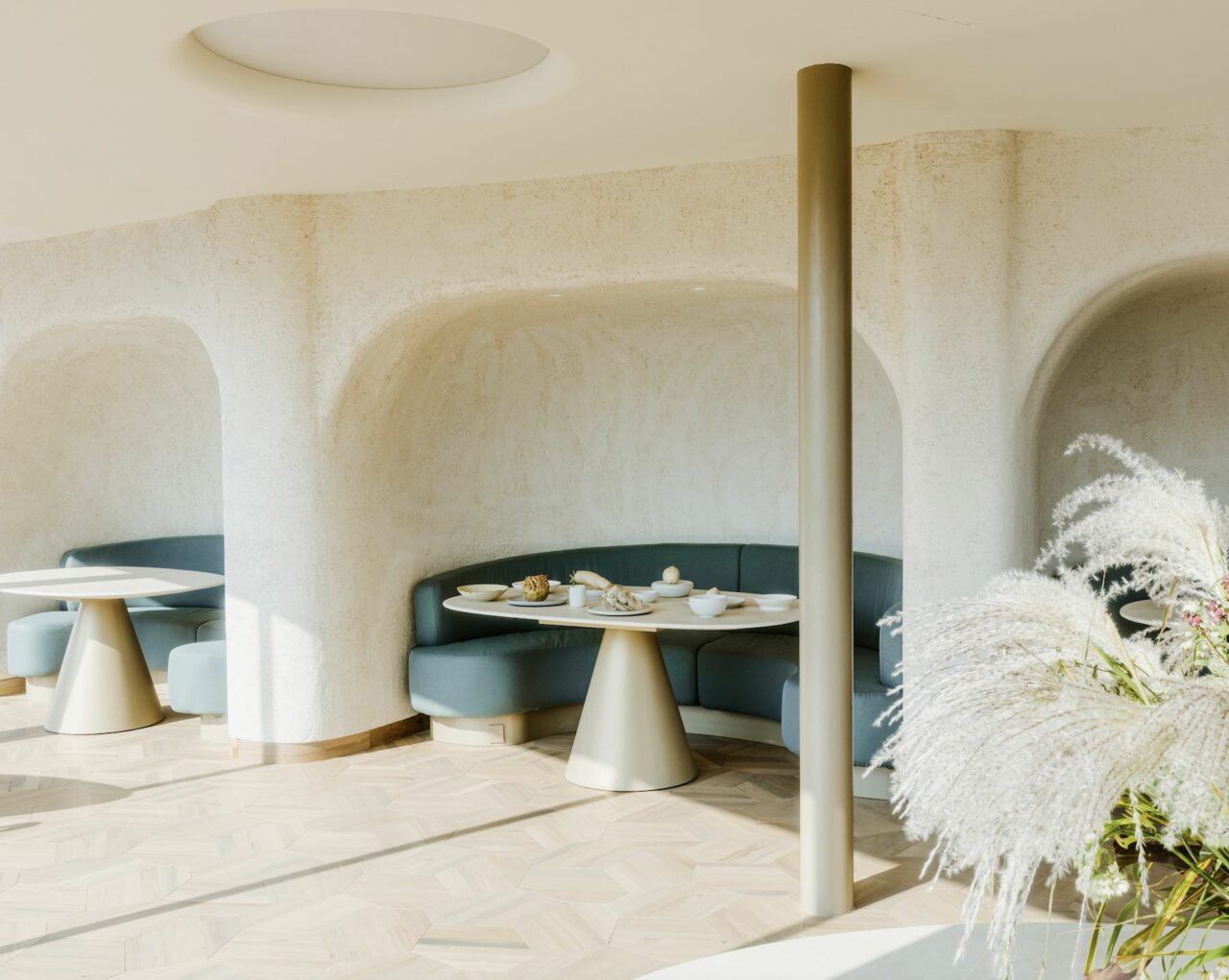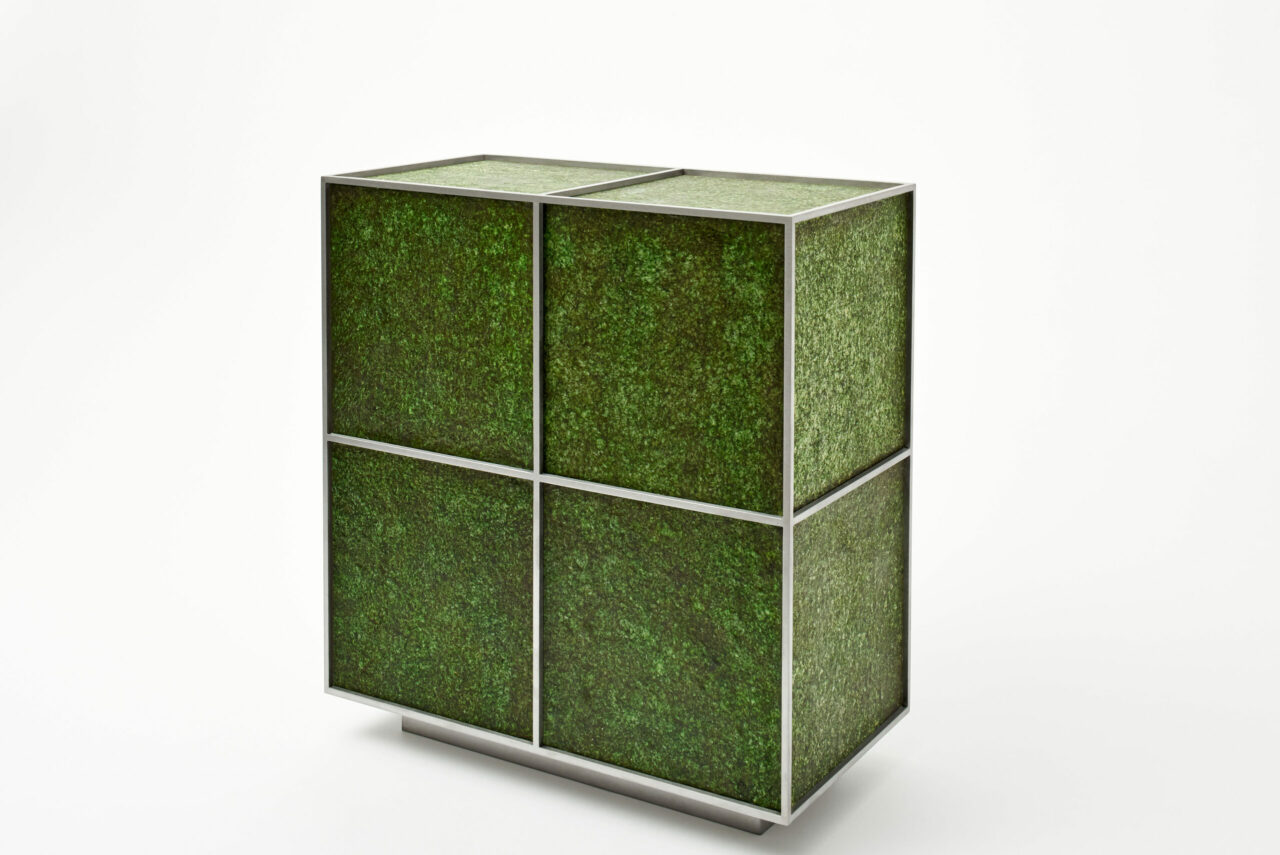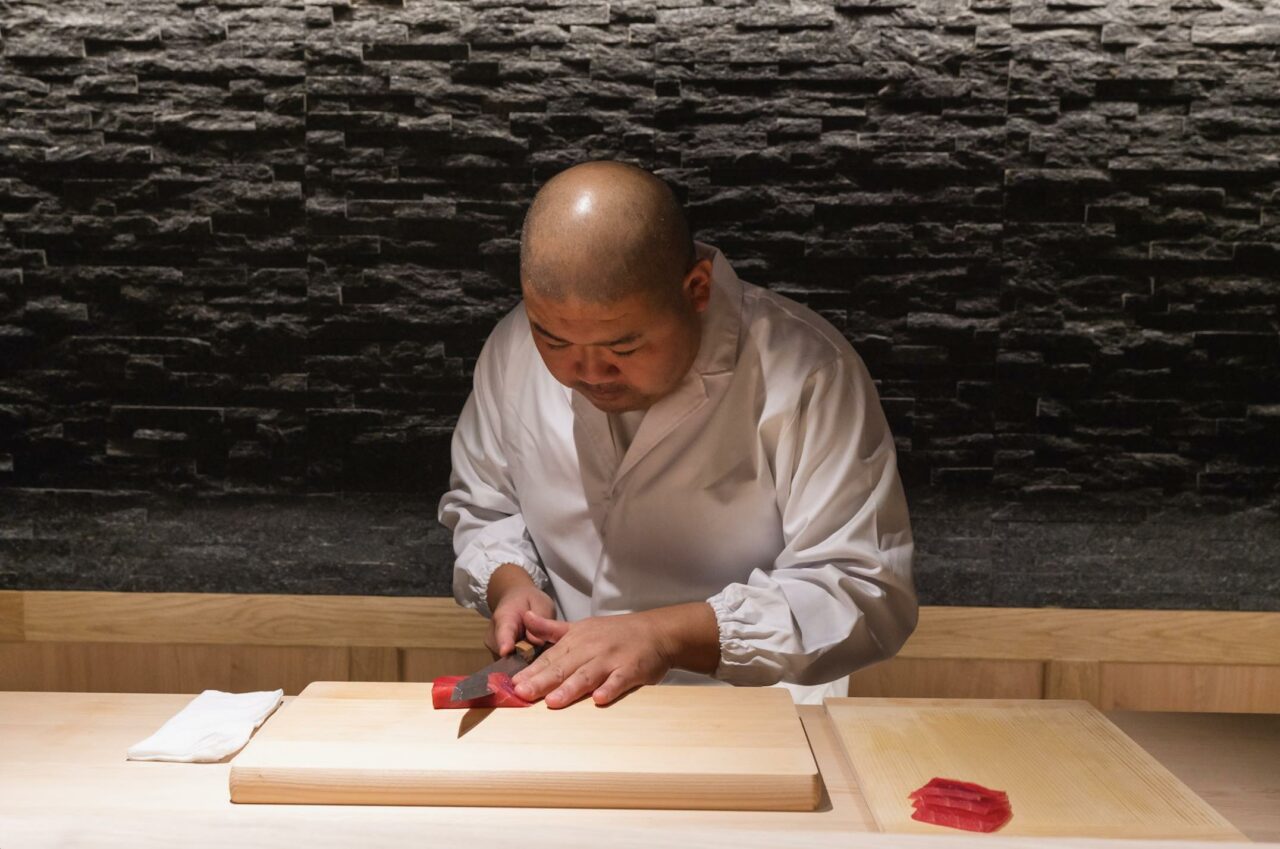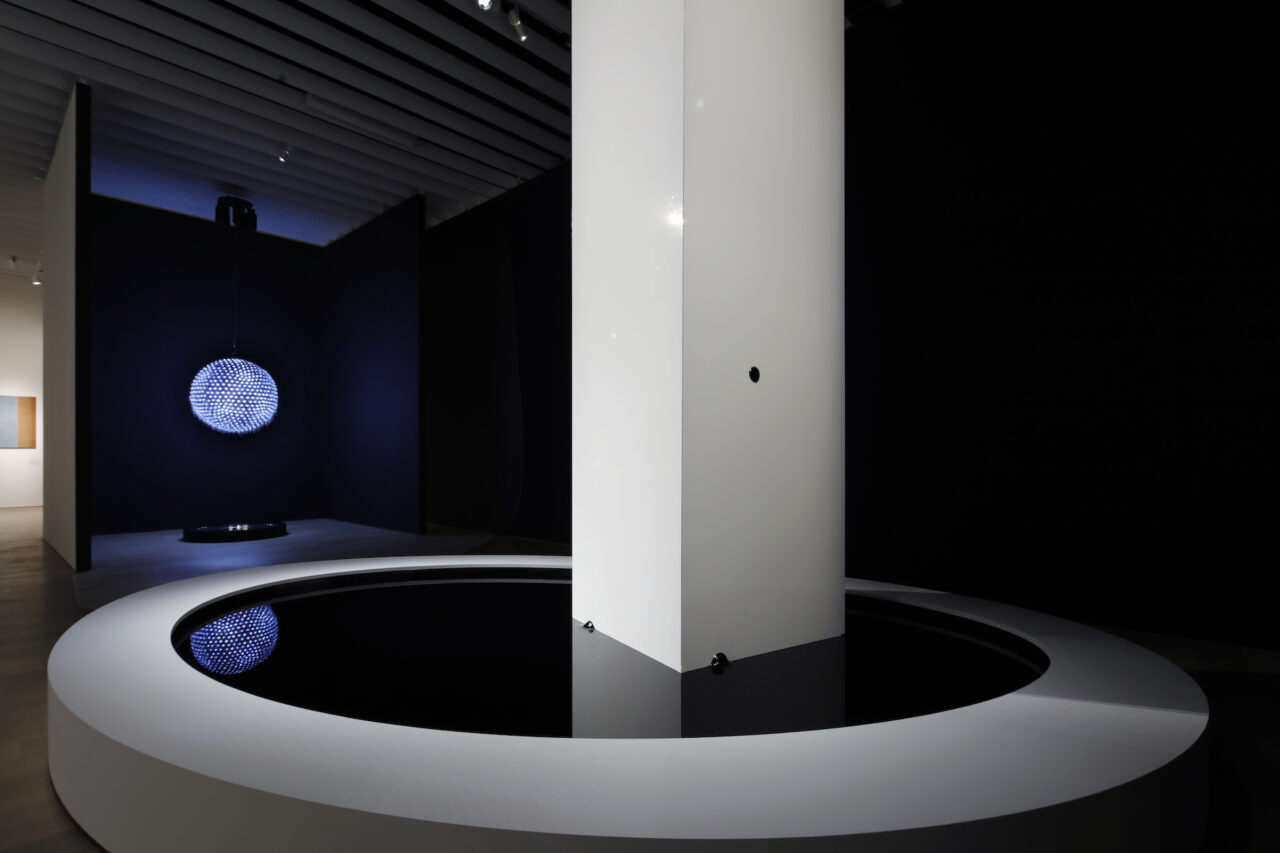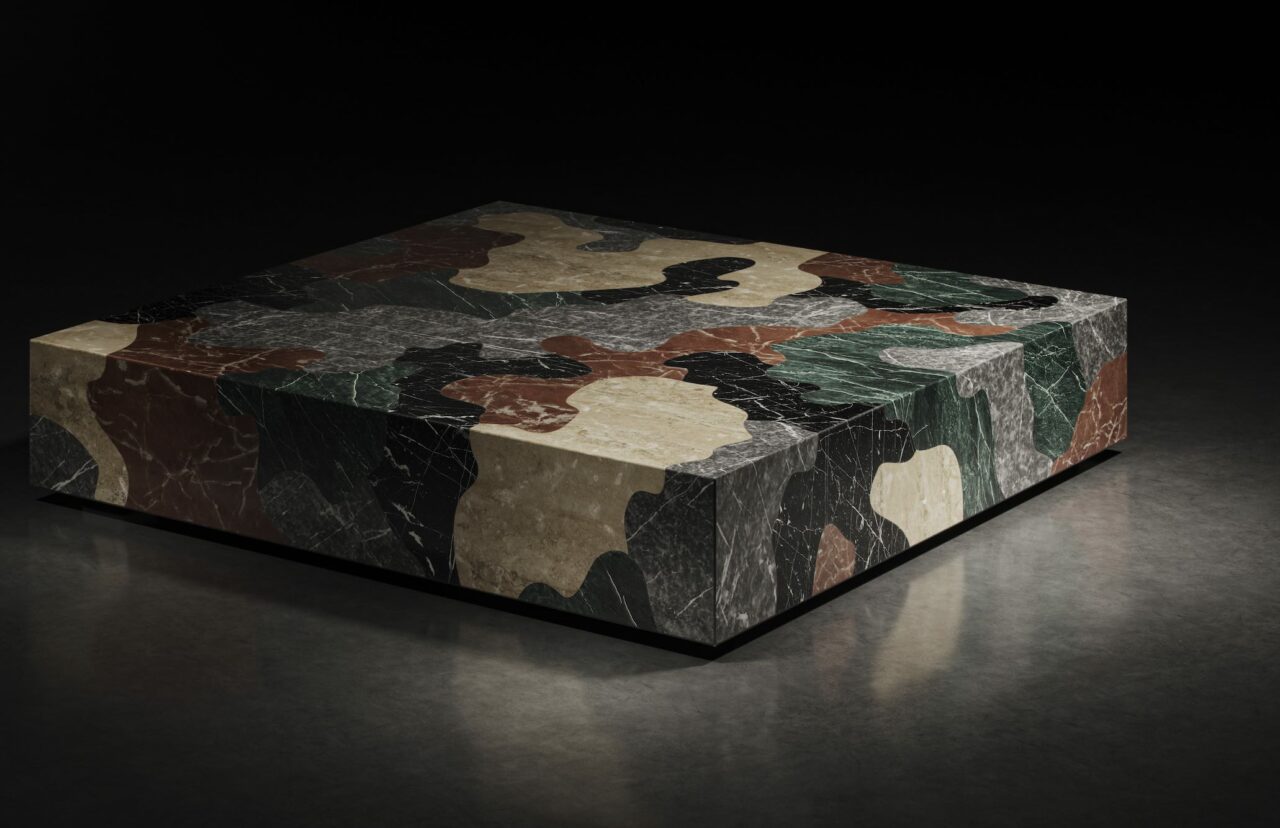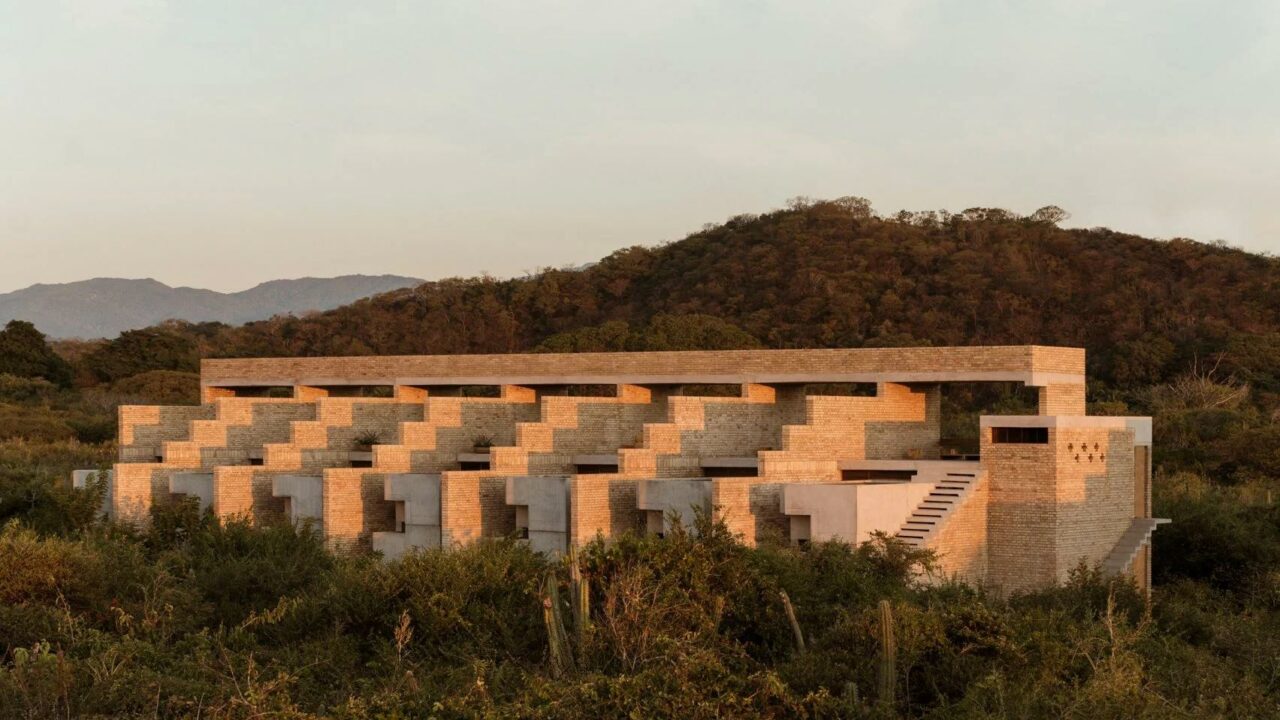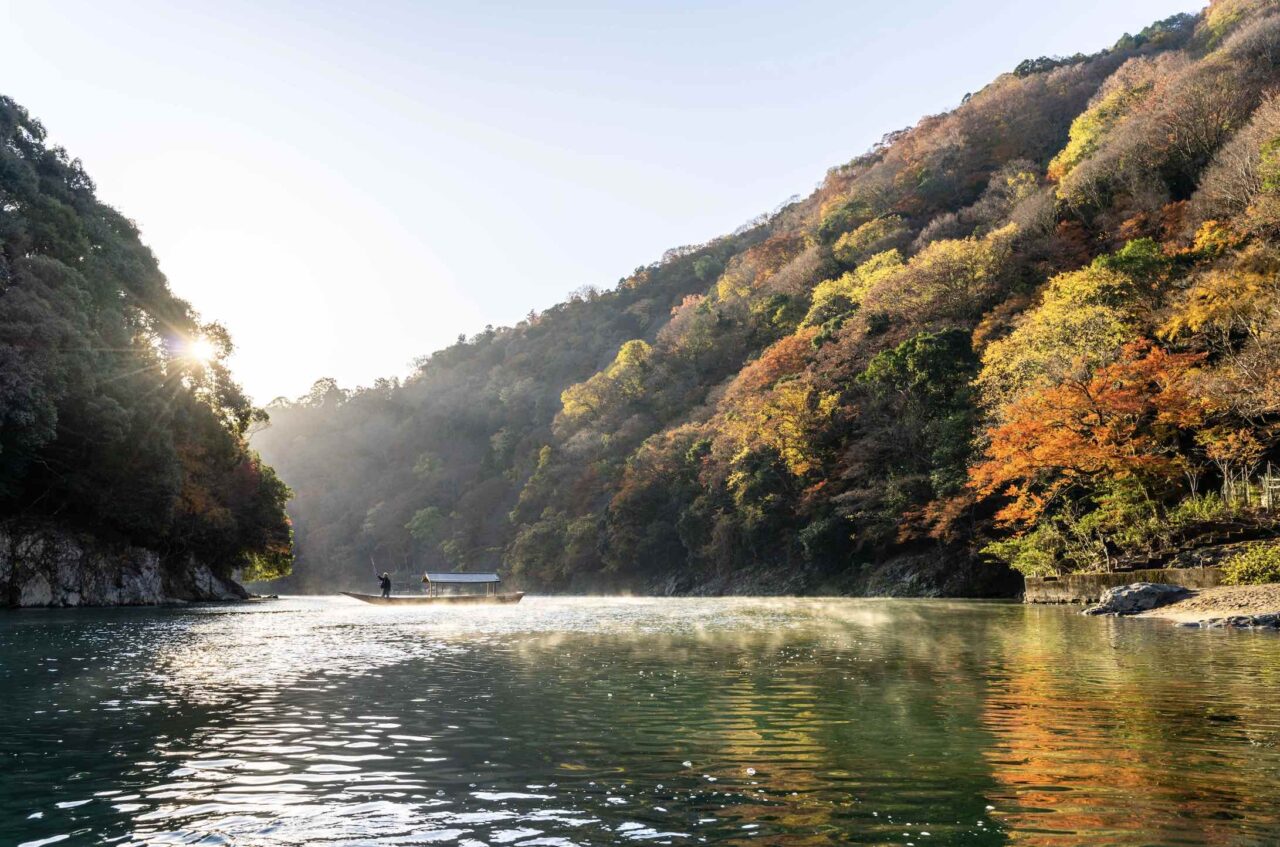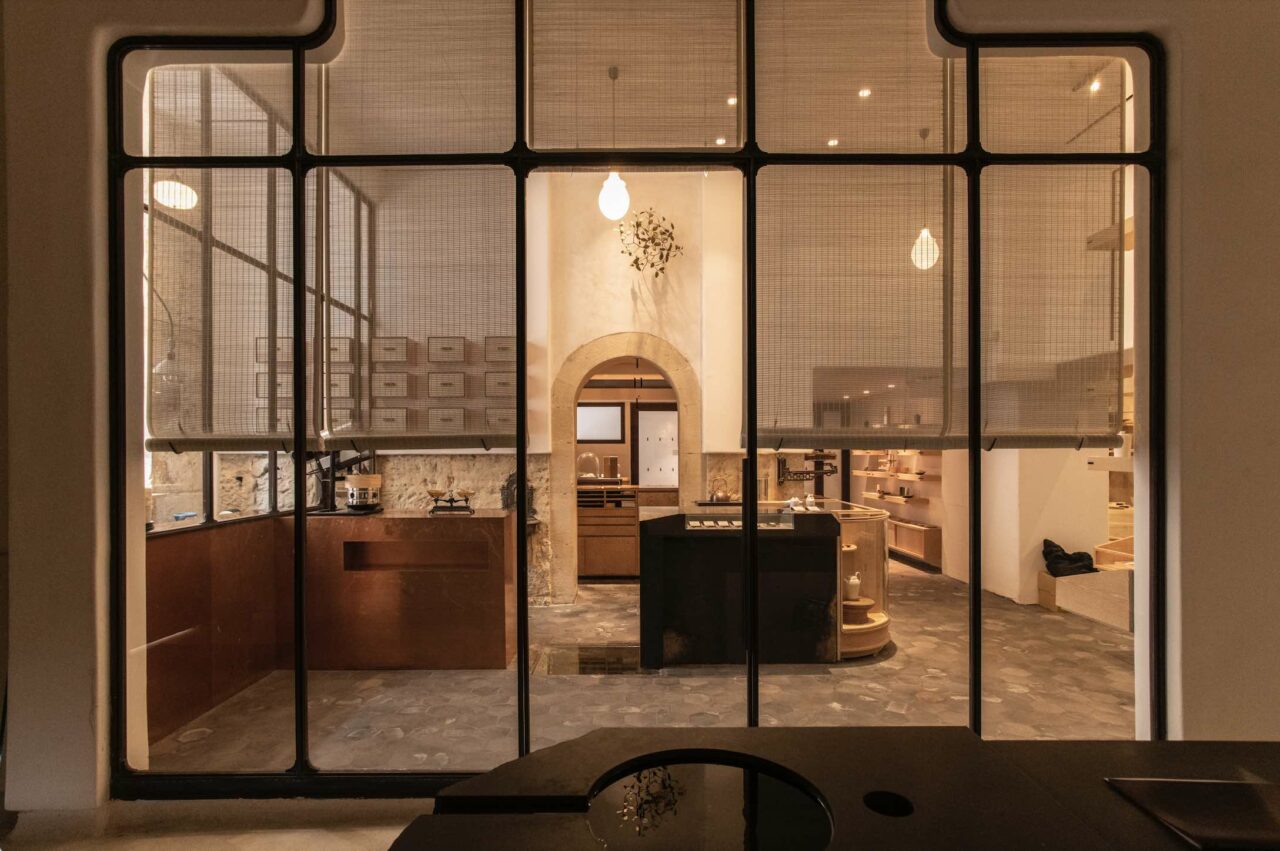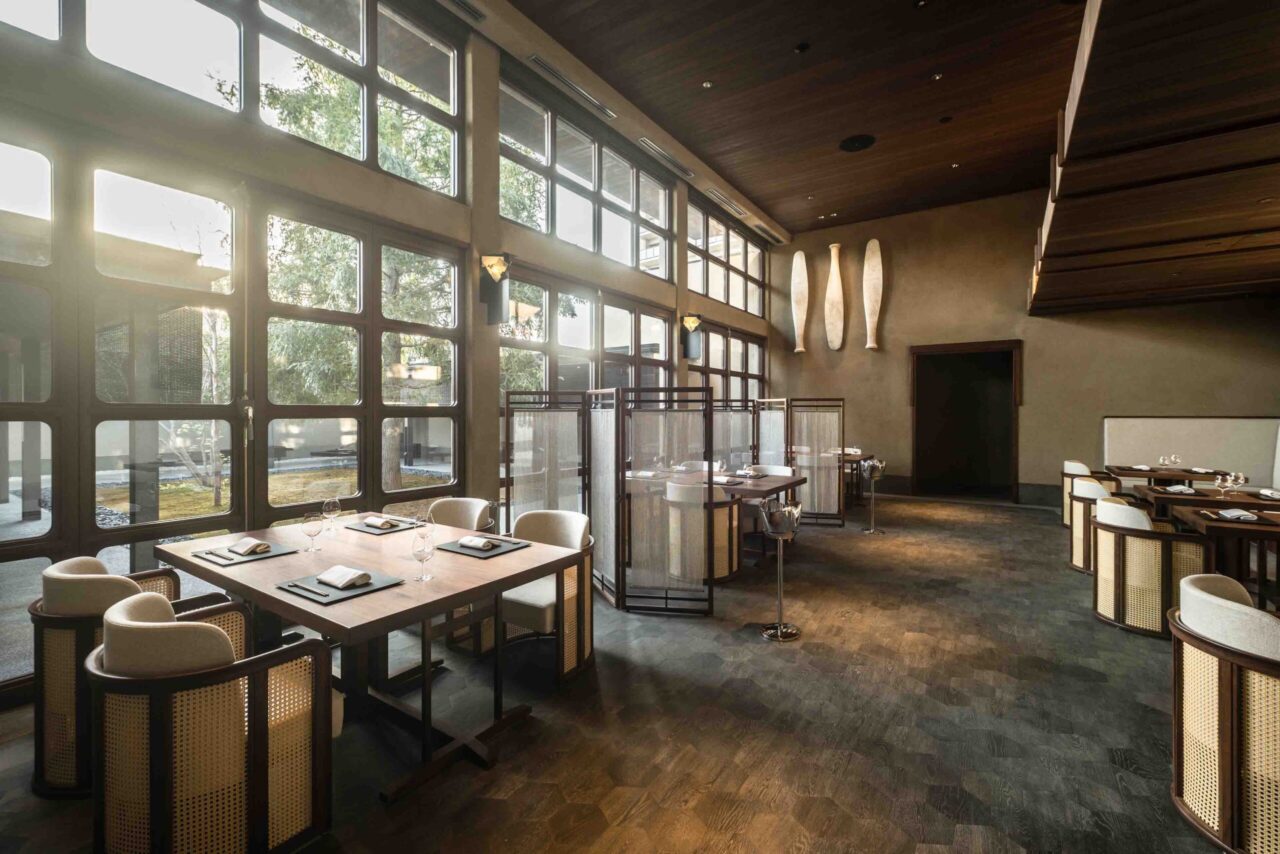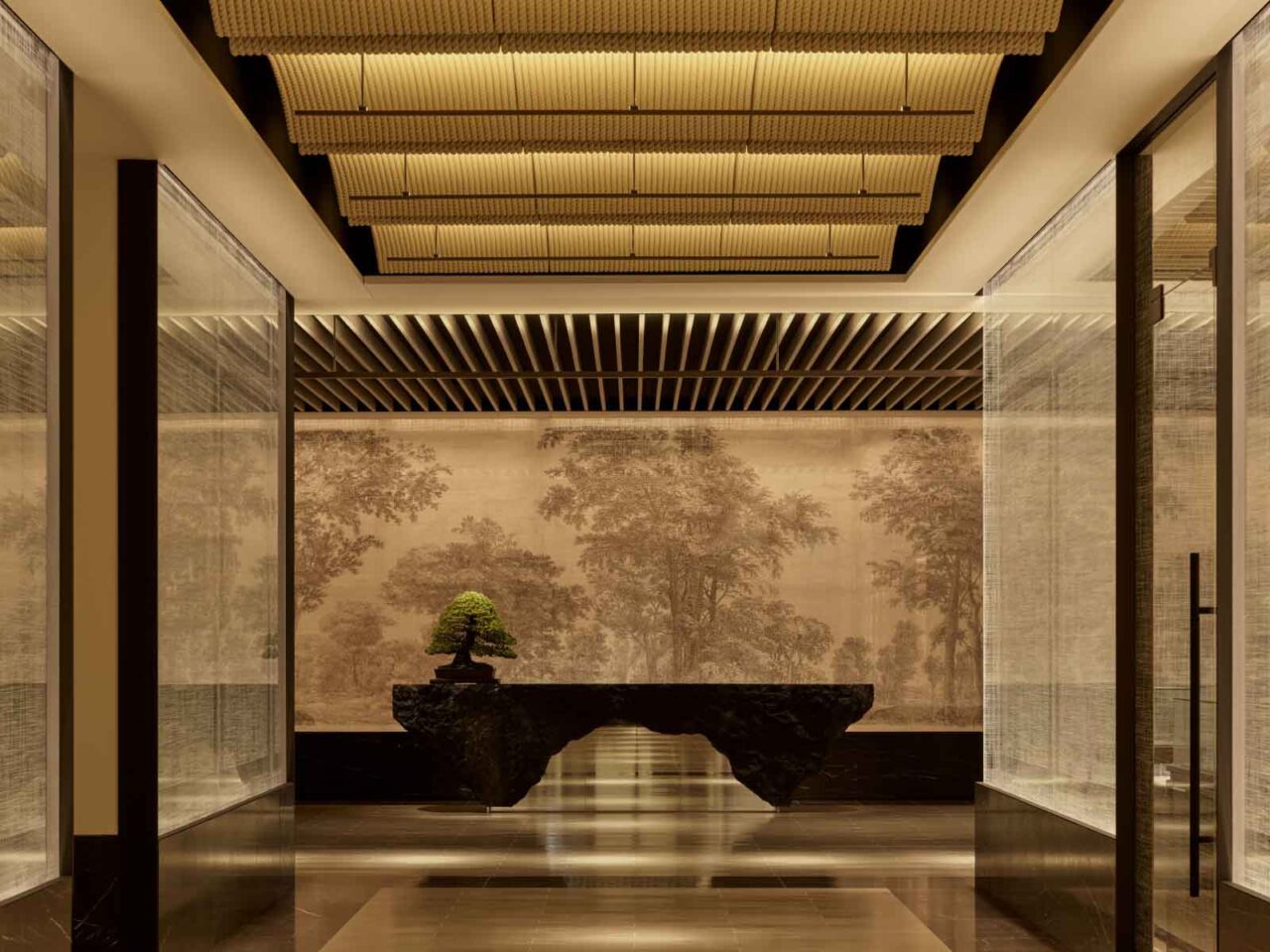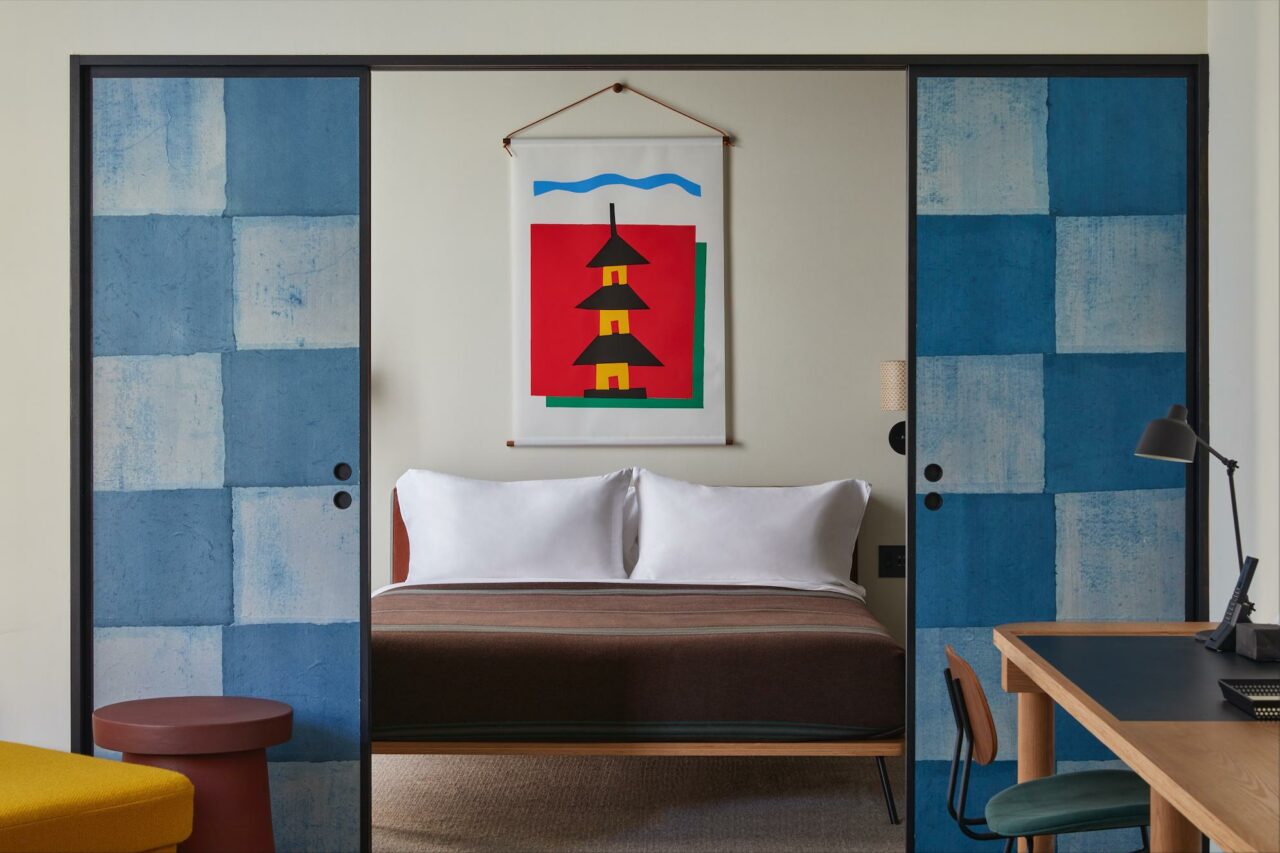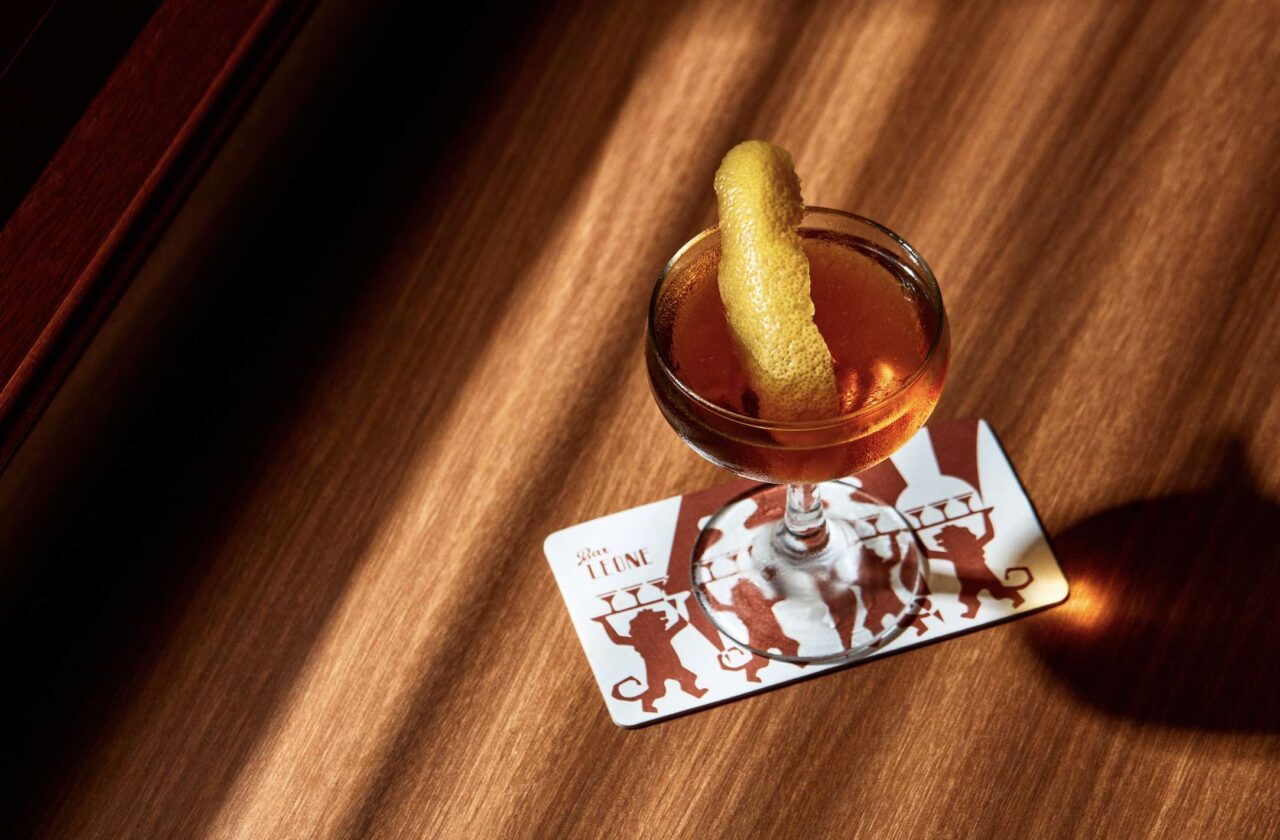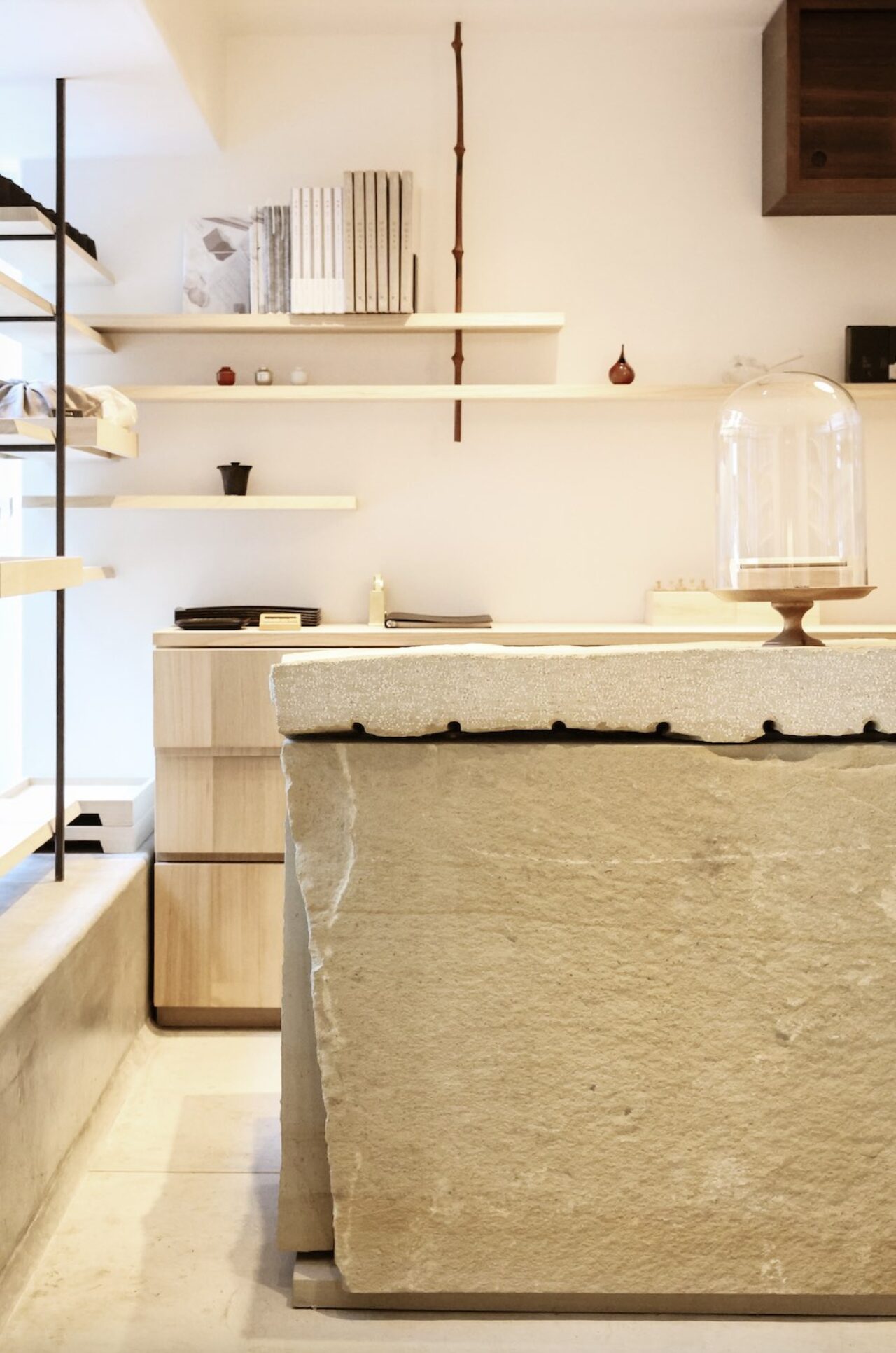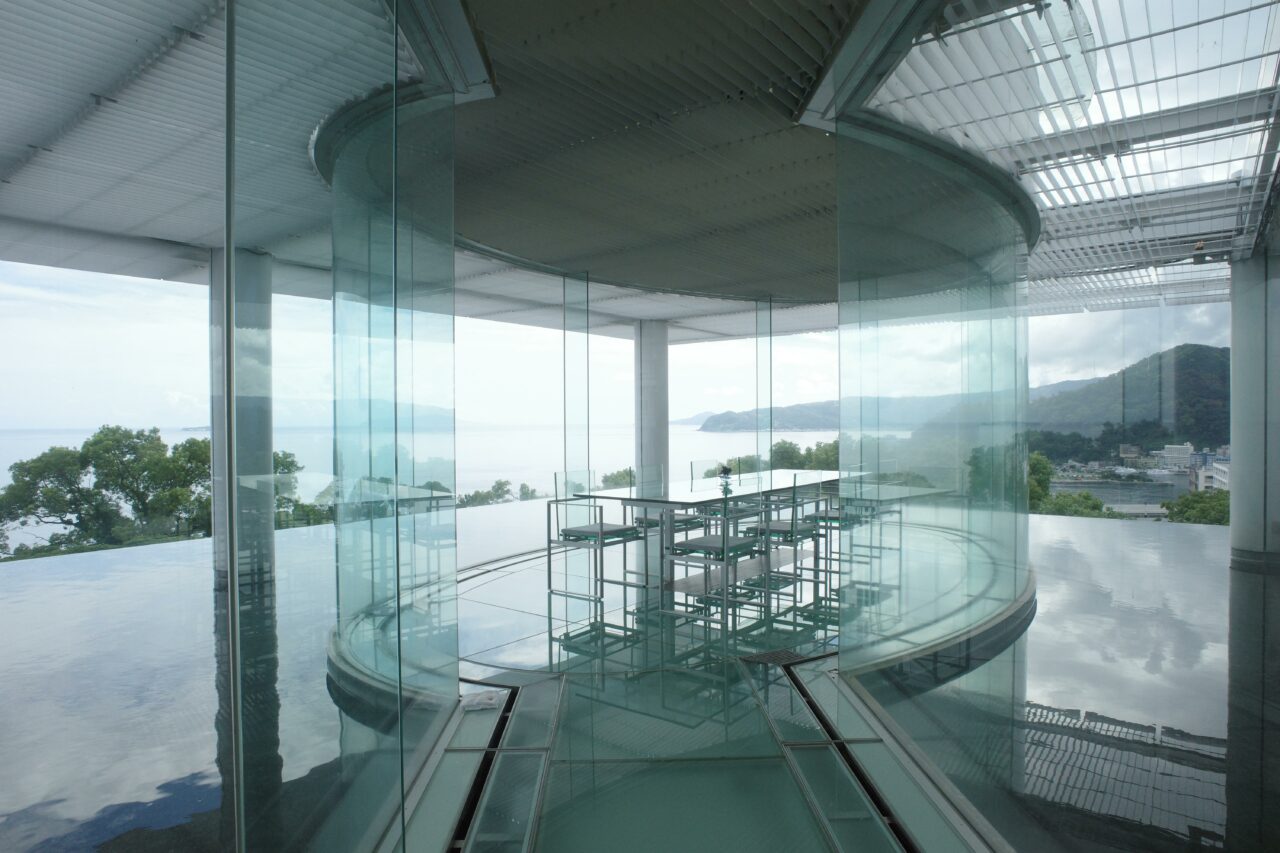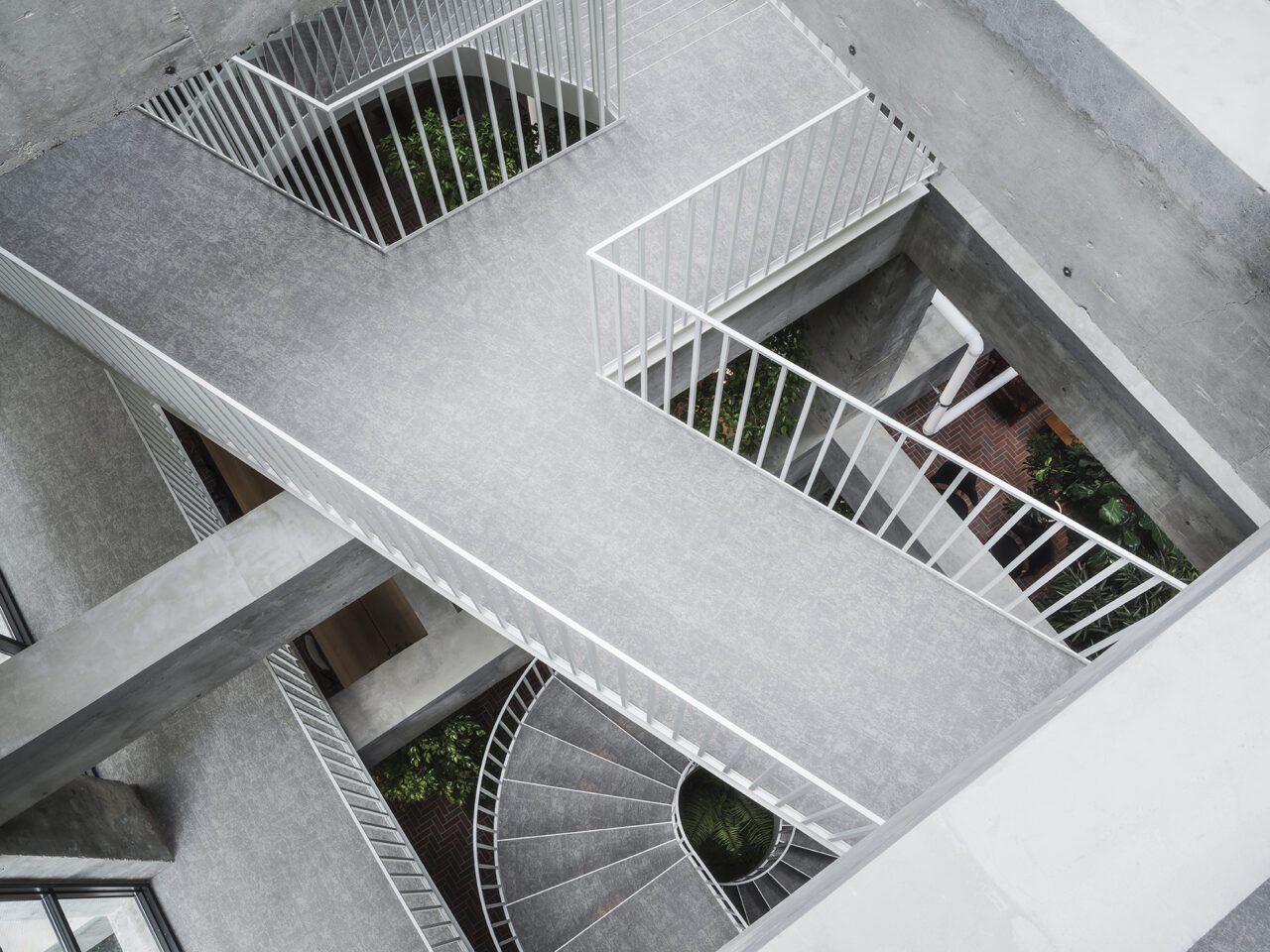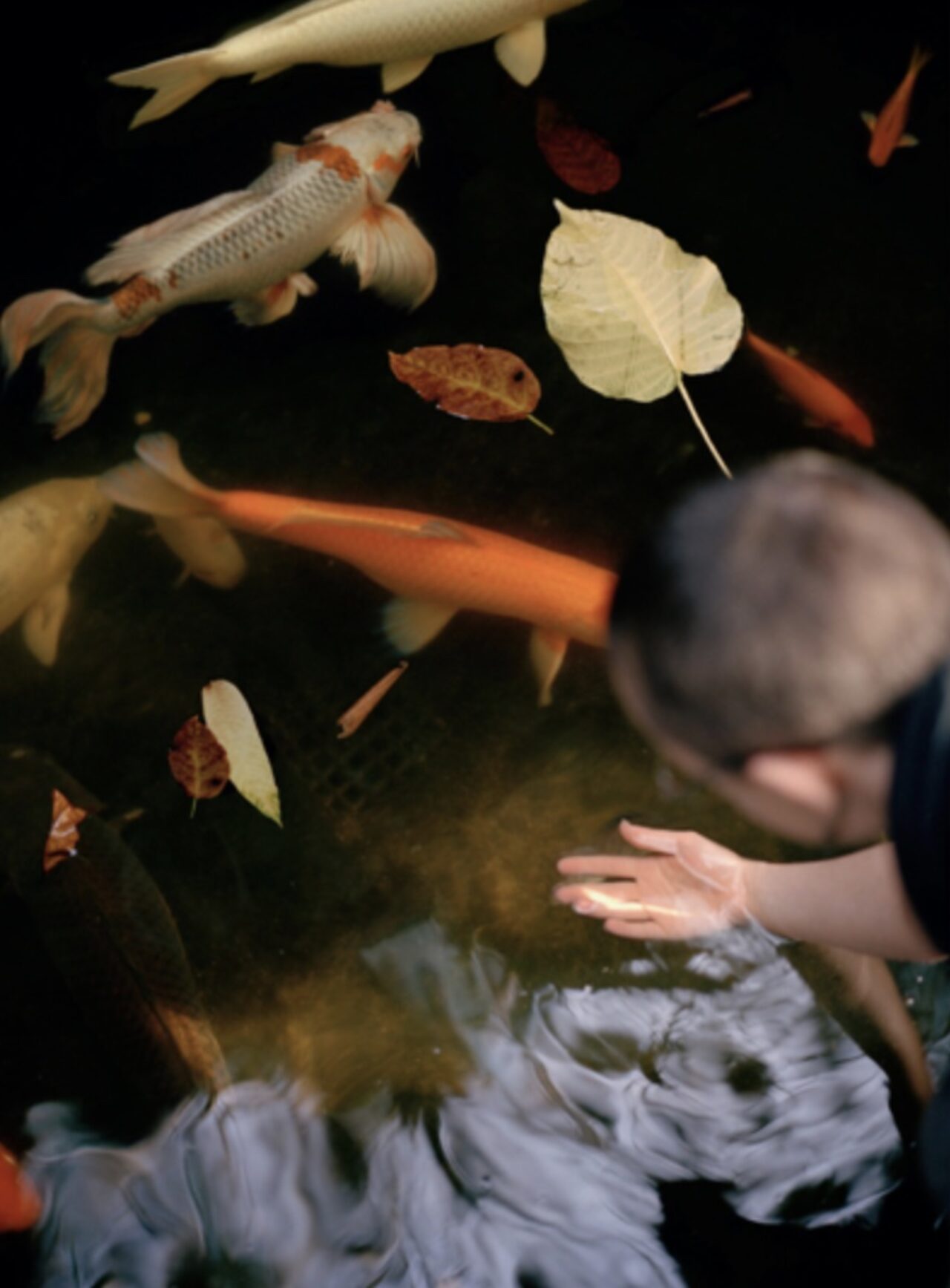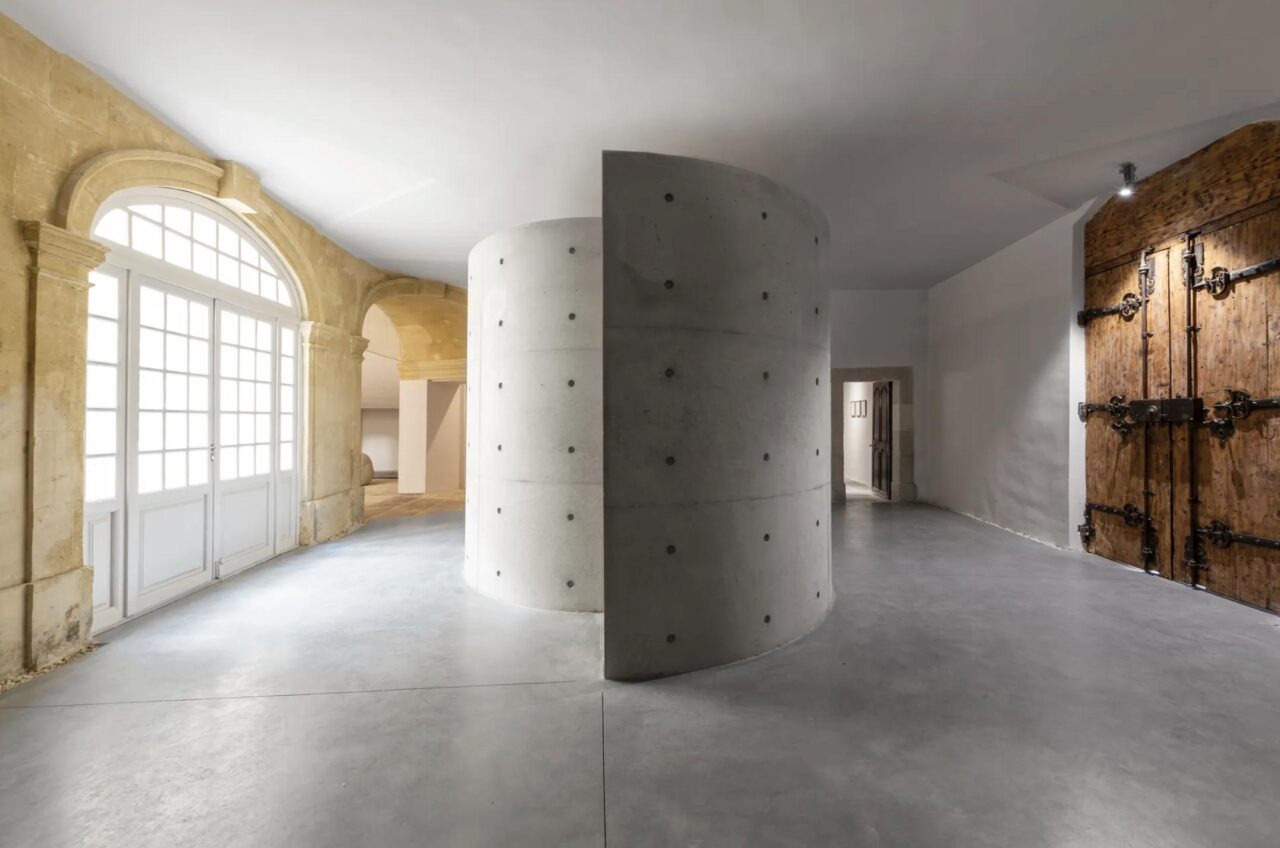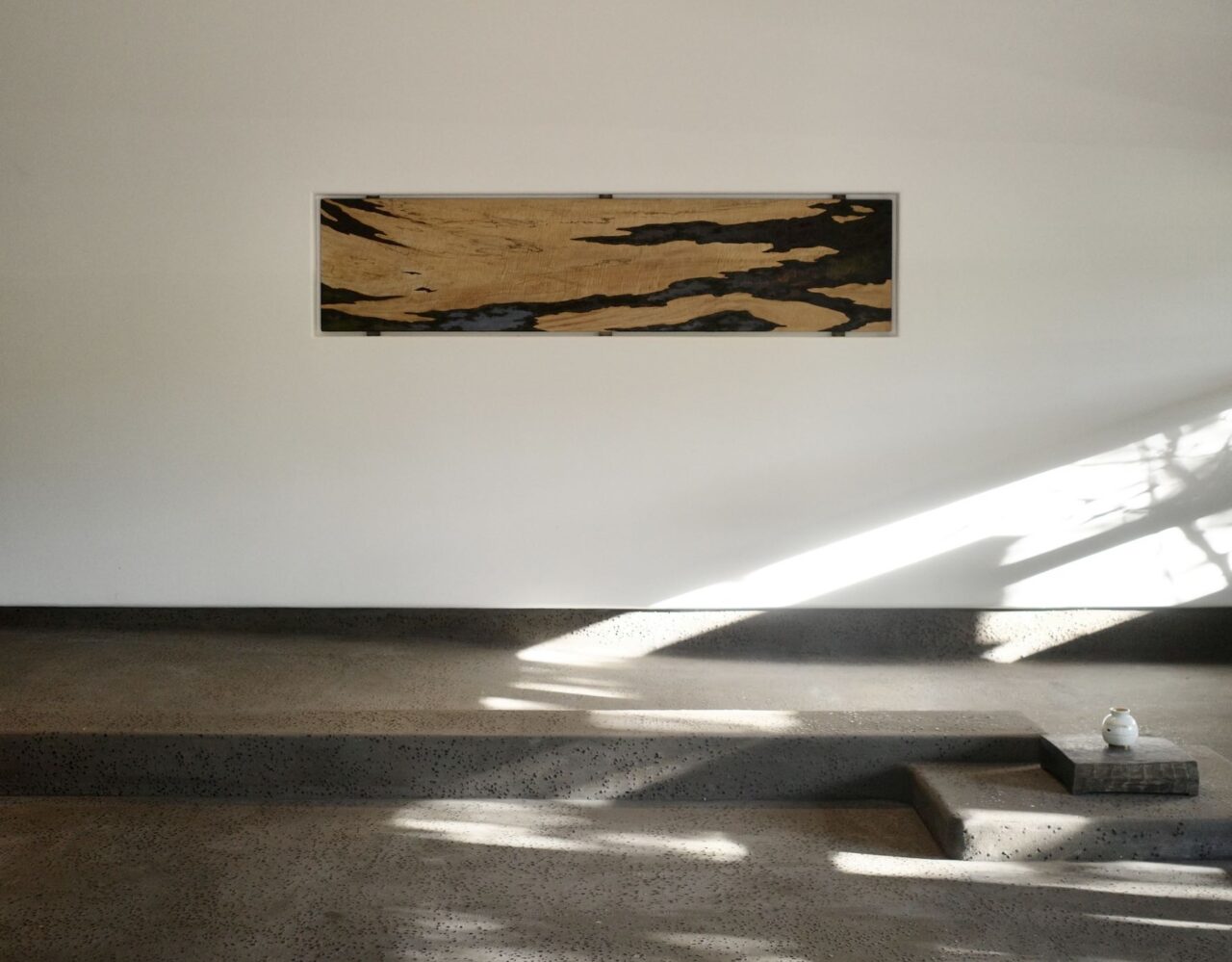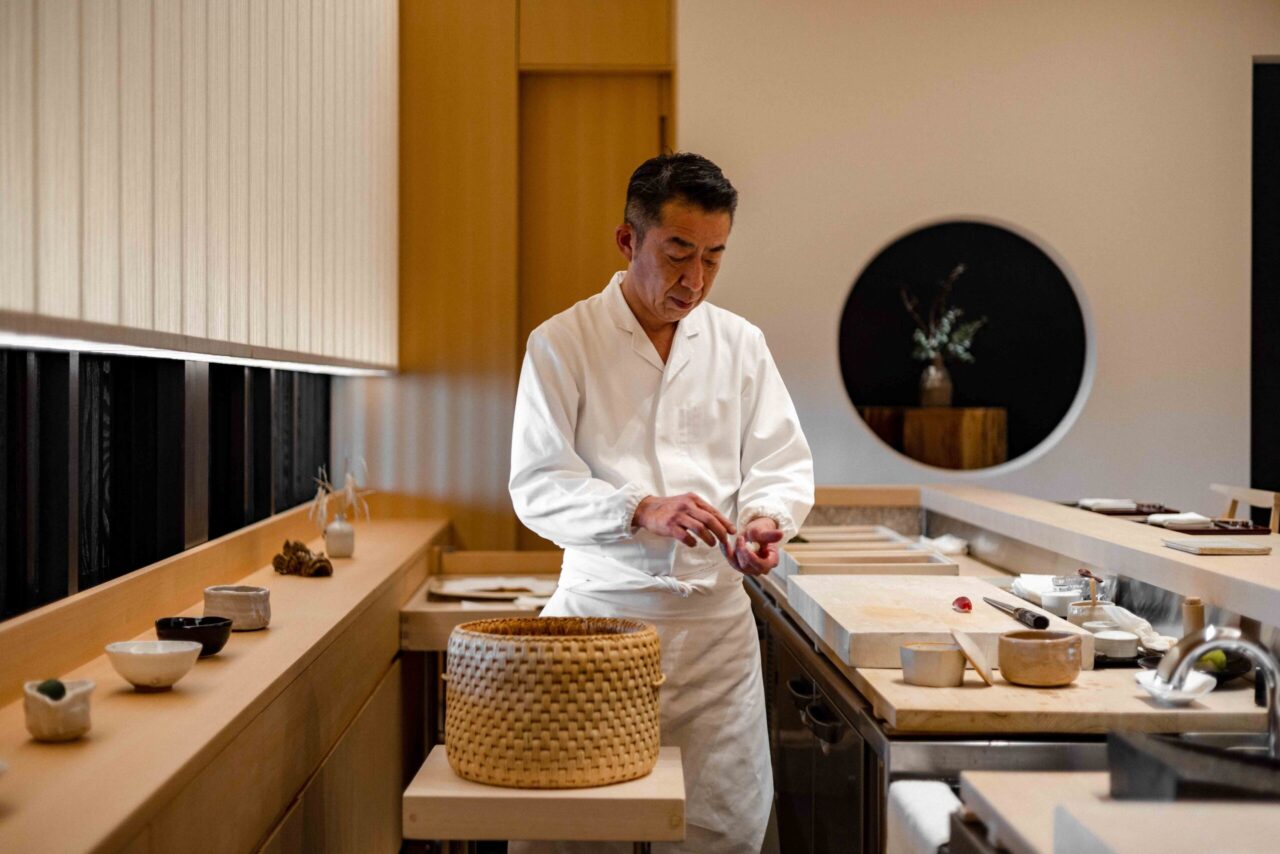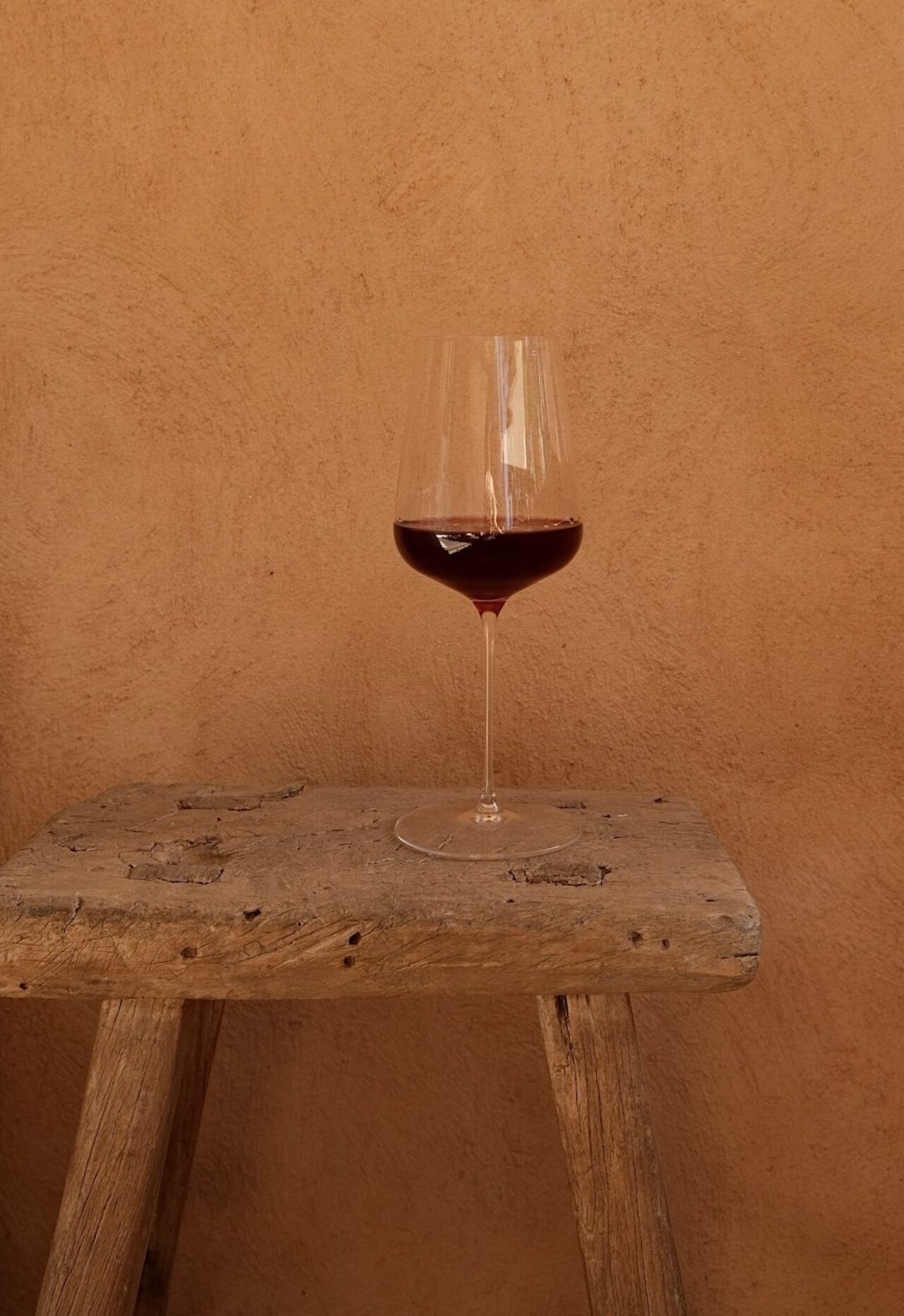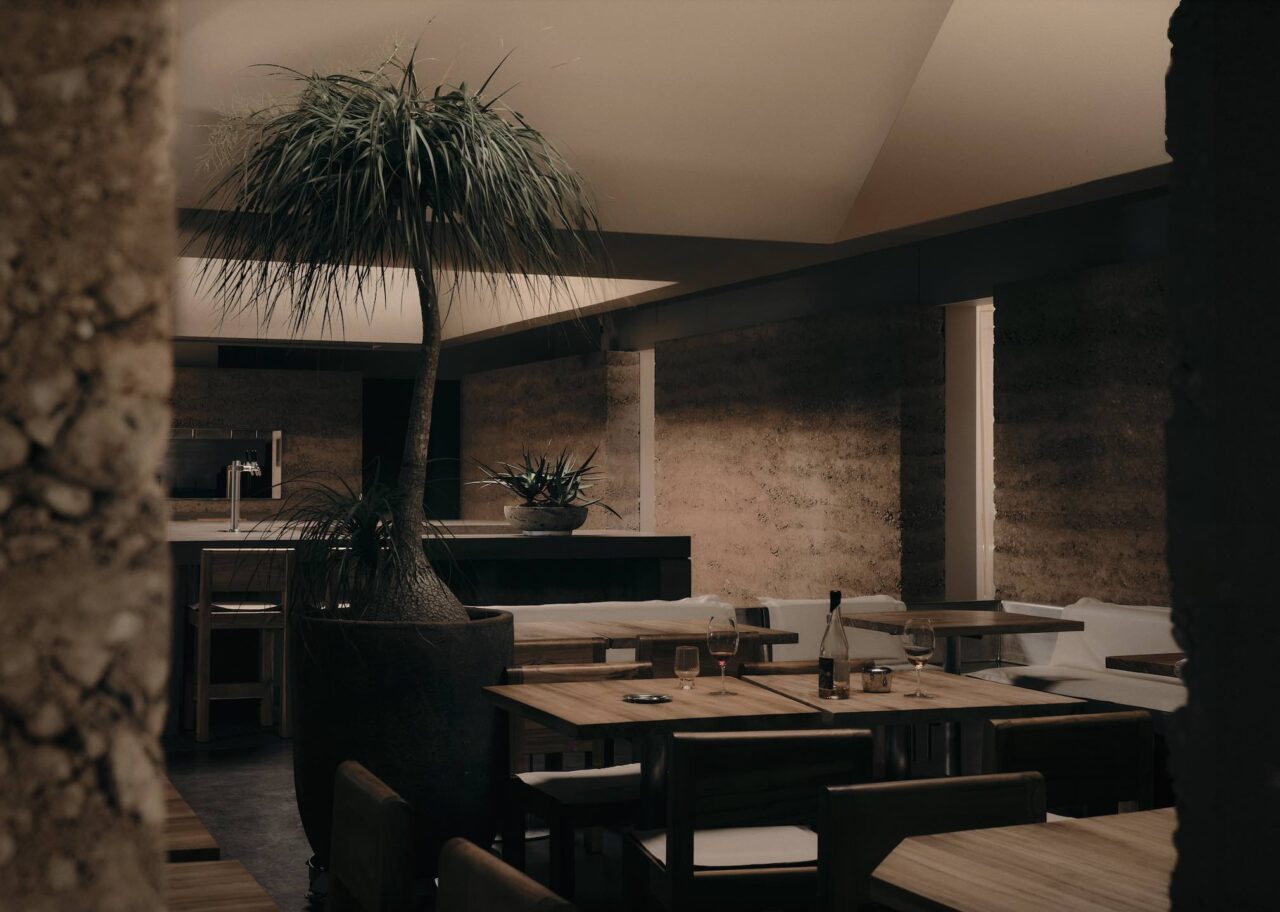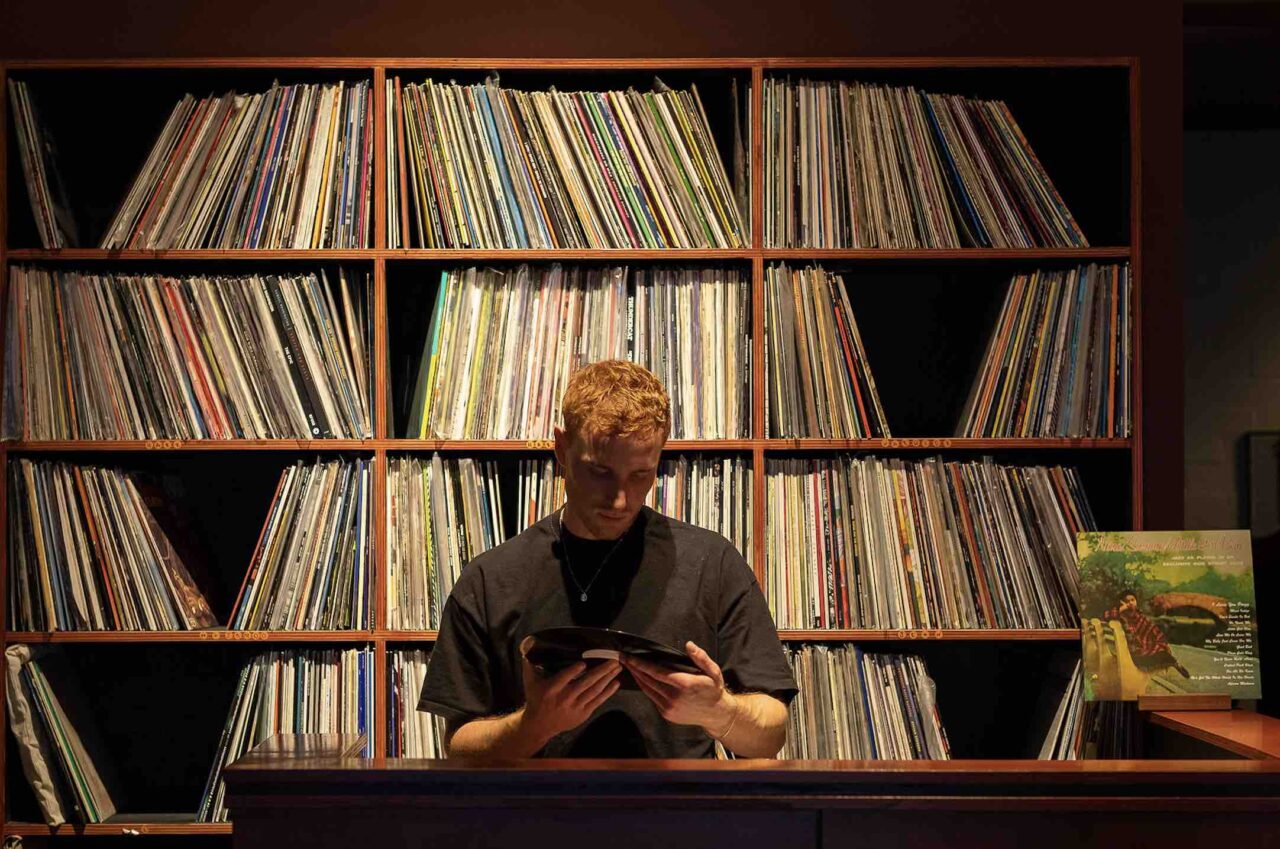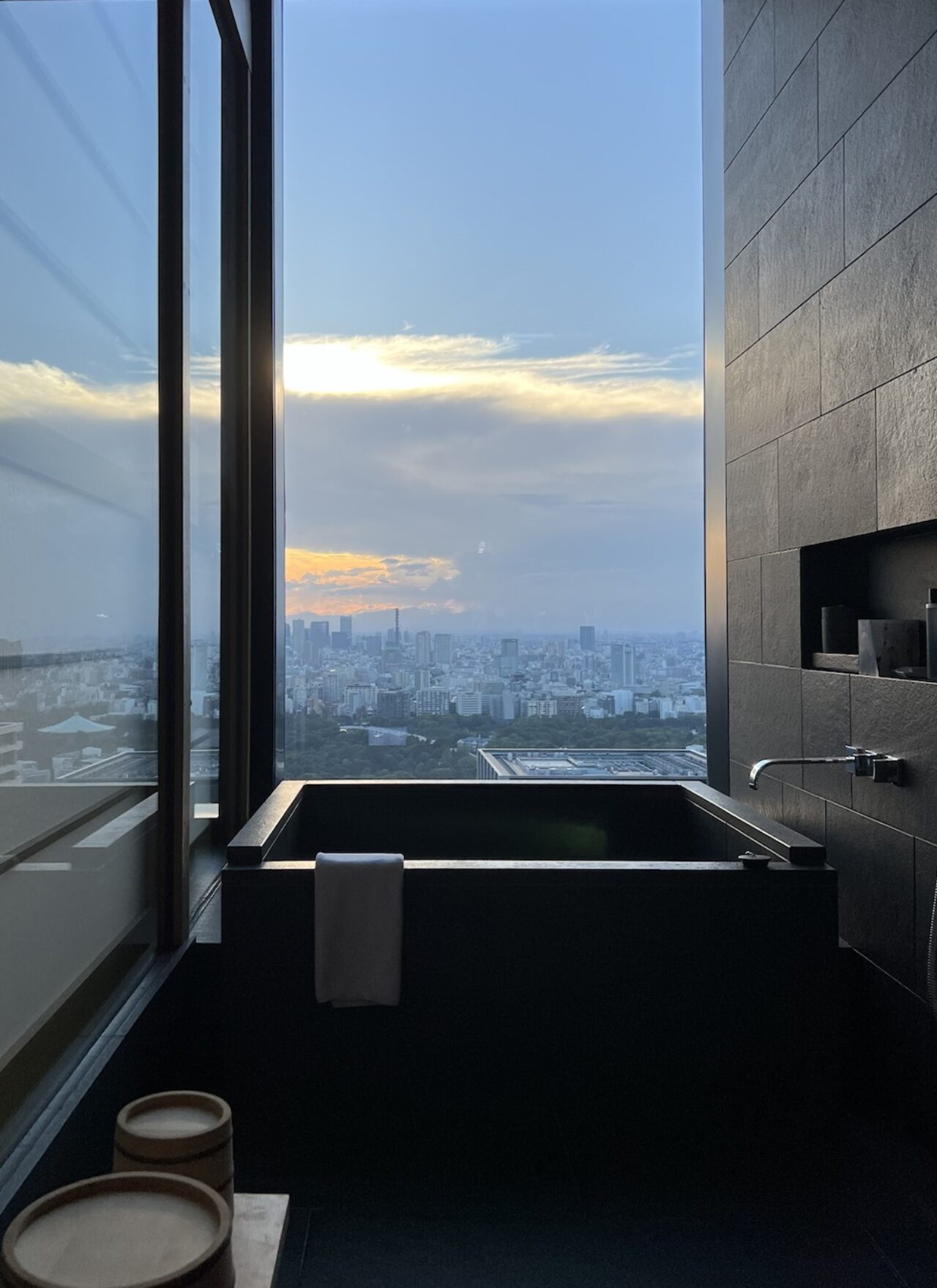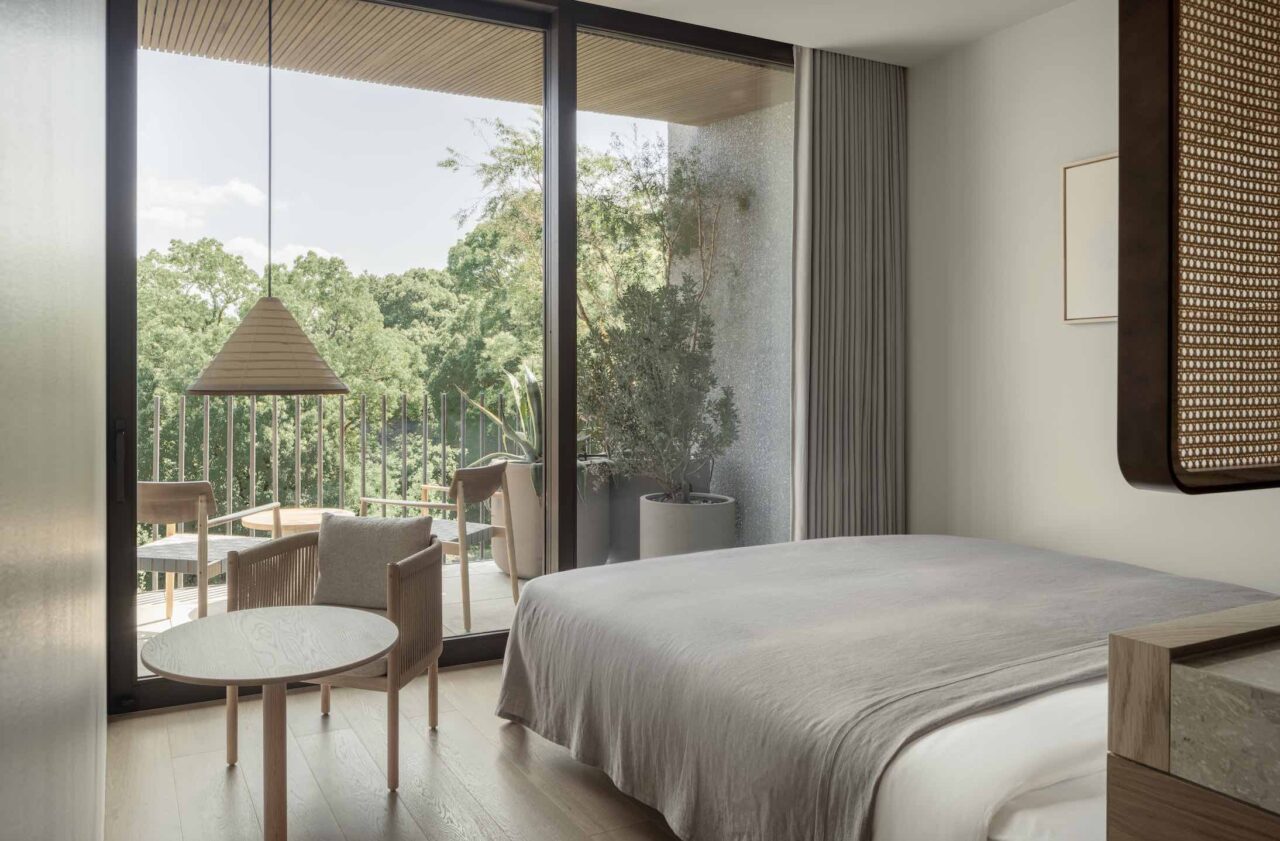DIRECTOR SERIES: KHALIK ALLAH
The NYC-Based Film-Maker Presents His Second Feature Film, BLACK MOTHER
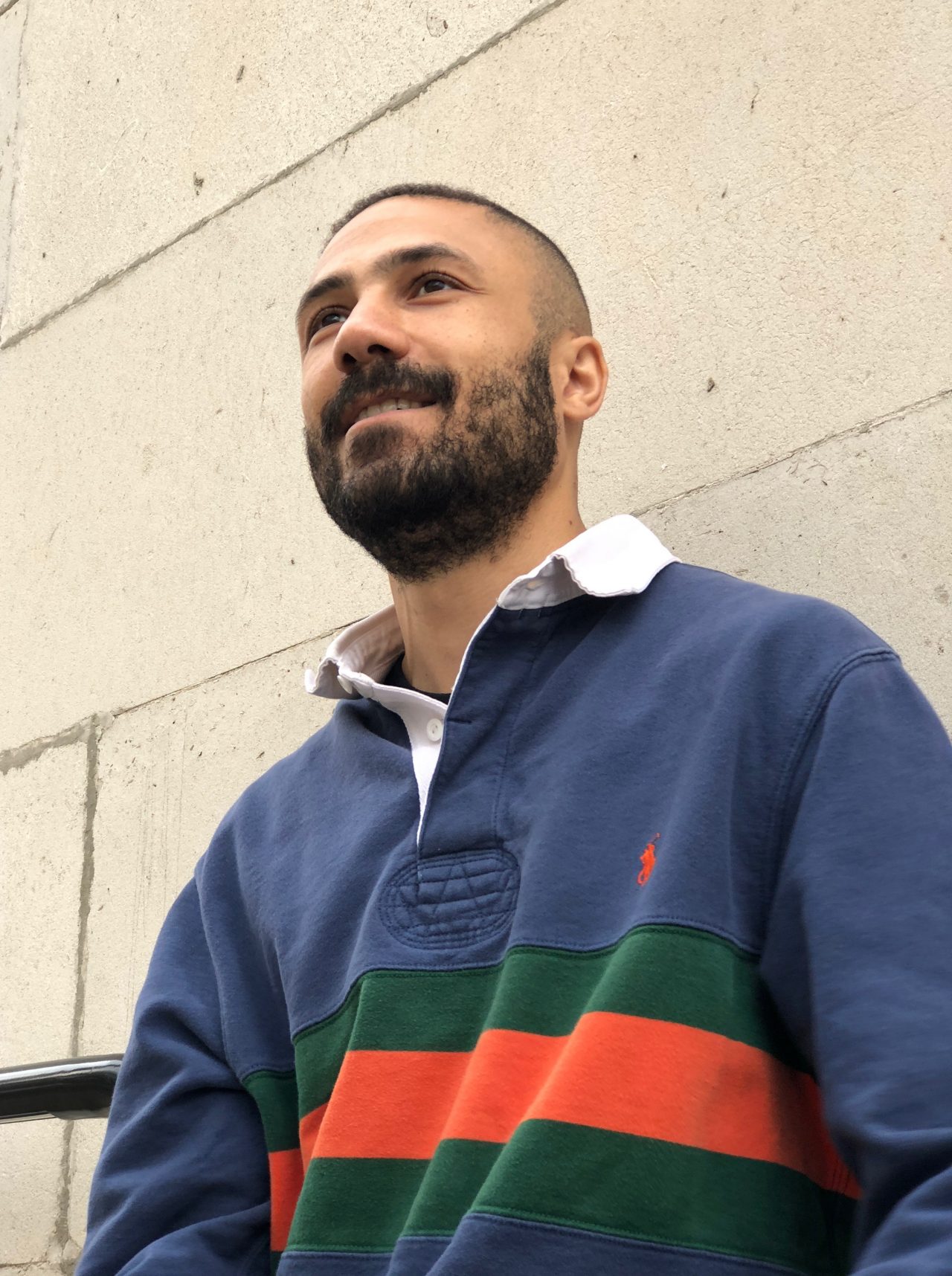
Film-maker and photographer Khalik Allah is in this for the long-run. After spending three years completing his latest film, the 32-year-old New Yorker is ready to present Black Mother, his ode to Jamaica.
Using 15 years of footage from his visits to the birthplace of his mother, Black Mother is a poetic portrayal not only in subject matter but in execution also. The storyline moves like a calm down-stream river; it’s contents have their own composed rhythm. Philosophically the contents flow upstream, against the ‘current’, towards a source of a wider understanding of life, death, the in-between and beyond. Without diverting from realism, the compiled Super 8 and HD footage is consistently truthful in presenting birth and death as a continuous cycle, with the viewer able to see not only conventional beauty, but the beauty also in the harsher aspects of life.
Born to a Jamaican mother and an Iranian father, Allah is self-taught, with his approach to filmmaking and photography undeniably individual. Already with a great amount of experience under his belt – creating a documentary on the Wu Tang Clan, working as a cinematographer on Beyonce’s Lemonade and publishing his own photo book titled Souls Against The Concrete – Allah has consistently maintained his artistic integrity without compromise.
His first full-feature documentary Field Niggas, made in 2015 (first released free to view on YouTube) told the story of one of the last non-gentrified street corners in Harlem, East 125th Street and Lexington Avenue. First working as a photographer for 3 years on the corner, Allah became ingrained in the community as he captured the issues of drugs and homelessness plaguing the individuals there, communicating their story from the inside-out. The film’s title is a reference to Malcolm X’s speech from 1963 Message to the Grassroots, whereby two different types of slaves are described, mirroring the past and present.
A portrait of the community, the story-telling is empathetic and spiritual in approach, with it’s primary intention to emphasise and showcase that we’re all one. Allah explains, “We’re ultimately one being which hasn’t learned to love itself; it’s continually self-sabotaging itself and that’s manifesting in different races going at each other, difference sexes, different religions, different people killing each other. I felt it necessary for this story to be told”. Allah creates a bridge between the community and the rest of the world, using the medium of film as a communication tool to, basically, inform. The title too is an attempt to remove continued negative connotations associated, especially by using the word, explaining “Words are symbols of symbols, they are twice-removed from reality. You have to remember that we invented words. In this world, we don’t react to anything directly, we only react to our own interpretation of things”. Provoking thought from the viewer, Allah also exercises this when he separates video and audio in his films intentionally presenting them out of sync (“we have the capacity to retain so much information”) and forcing the viewer to participate.
Allah describes his work as that of a jazz musician, combining elements made from spontaneity and intuition with a conscious and considered framework. This can be clearly seen in his earlier short films, Antonyms of Beauty and Urban Rashomon, with his direction completely refined for his latest films and photographic work. Now represented by the renowned Gitterman Gallery in New York (where he just presented a solo show last March), his work as an artist is gaining recognition, with the thread between his photography and filmmaking intertwined. Interestingly, one of Allah’s latest portrait commissions was from Cadillac in Dubai, to photograph the Arab diaspora in New York, applying that same humanistic approach no matter the subject matter. Ultimately, Allah’s philosophy on life informs his approach. More concerned with spiritual concepts and his own enlightenment, film-making and photography becomes an outlet for his expression. It’s this sincerity in his work which is so appealing, capturing many of life’s passing moments, made eternal through Allah’s chosen mediums.
We sat down with Khalik at the ICA’s Rochelle Canteen after the premiere of Black Mother to discuss not only his work, but to intentionally find out more about his thoughts on spirituality, the soul and life itself. Since then, he has premiered his film across Europe with the tour not stopping there, heading to Spain and Malta in the next week. In between, he’s in Sheffield where Black Mother is being screened with a live score by musician GAIKA at the Sheffield Documentary Film Festival. With the film reaching new audiences in unexpected ways, it seems to be a combination of hard work, awareness of opportunity (not luck) and a high power at play.
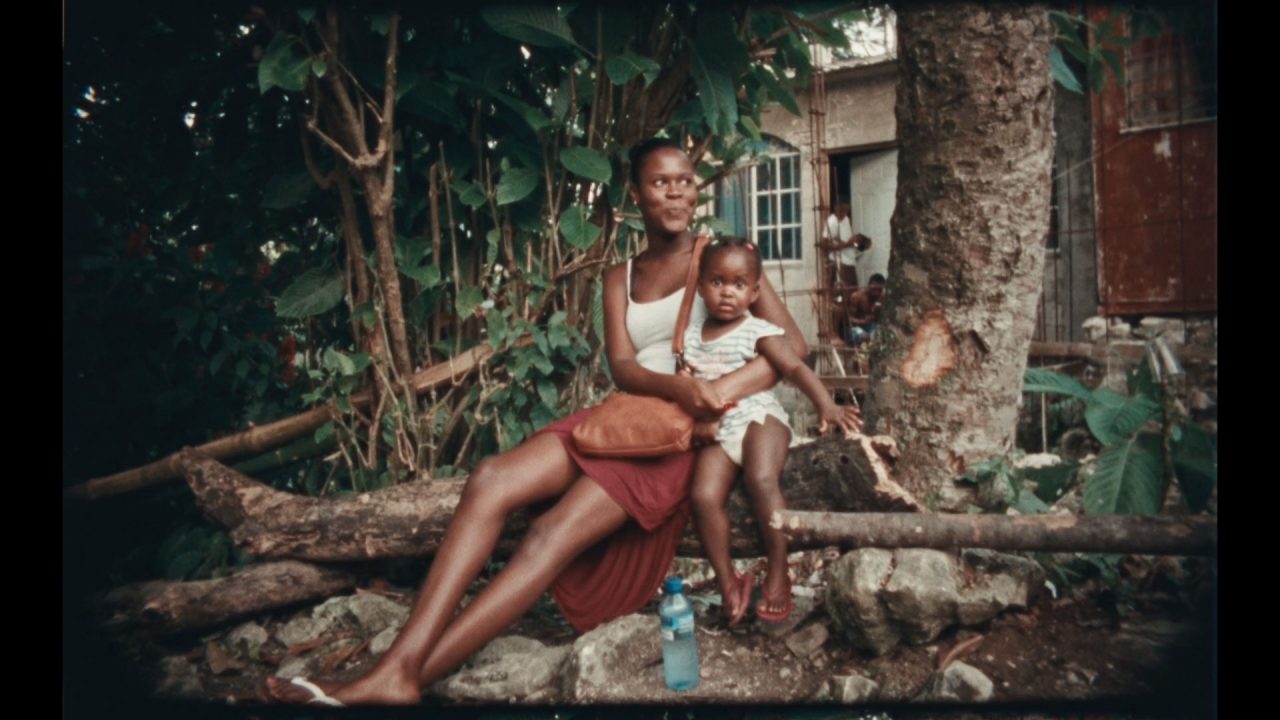
How does it feel to be back in London, for your first screening of your newly-completed film, Black Mother?
I’m just happy to be back here. I feel like now, I’ve established my work more in London. I’m from New York, so to have different parts of the world know about my work, and support me, it feels really good. The ICA is a huge support, so I appreciate it.
Premiering your second film in the UK through Frames of Representation, how did Nico the curator find your work?
It was online for a while, it was on YouTube. He might have seen it on the internet, or Luke Moody showed it to him. It’s a blessing that it happened – that he saw my work, and enjoyed it so much and invited me to the first Frames of Representation.
Right. Nico mentioned Field Niggas was the first to start the Frames of Representation festival.
Yeah.. and I didn’t know that! Actually when I came here in 2015 I was on a European tour with Field Niggas. First I landed in Copenhagen, then I went to Geneva, Switzerland, and then I came here for about 4 hours [for the first Frames of Representation festival]. This time in London, I’ve got a lot of time to explore.
It really set the tone… The Frames of Representation festival seems to be the first to screen the films that no-one else has.
Ah, true.
The way you interact with people in their most vulnerable state, and also the way you answer questions in the Q&A, shows you have a really strong sense of awareness, a high EQ (emotional intelligence). So, this is a two-part question: are you aware of this, and where do you think this stems from, your upbringing?
Thank you first for saying that, it’s a huge compliment. Well, I was raised by my grandmother and we used to have a lot of exchanges without even speaking. There were times when we would just sit on the couch and hold hands watching Ricki Lake. On another level, when I meet a person, I always feel like I’m meeting myself. We’re all connected, we’re all related. It’s a holy encounter whenever time you meet a new person. It may just be a brief, but it’s a mirror, everyone is a mirror to yourself. I’m just grateful firstly, for people to be taking my work seriously and then asking questions. I’m humbled, just from the life I’ve had coming through, coming up. Back when I was 13, 14 years old, I thought that at 30 years old I would be in jail, on drugs or dead, because that’s what I was seeing. Not that I grew up in this bad environment, you know what I’m saying… I was always close to poverty my whole life. It’s just, the expectations were low. I had teachers, and even some family telling me that I really wouldn’t amount to too much, and I believed it. To be in a position where the work is celebrated, of course, I’m just grateful. That’s what is probably coming across most. Also, I just really love people, I respect people and I appreciate that people are more than what we think they are, and what we see on the internet.
Everybody has their own baggage and their own problems, but I look at it. A lot of people have fears, and they try to avoid them. Avoiding perpetuates them. The more you look at fear, the more you see it’s not even there. It doesn’t really exist. It’s the same thing with limitations, you can walk right through doors that you thought were closed. I’m definitely feeling in harmony with myself because I have learned to look inward, instead of outward. I’ve learnt to trust my own guidance which I feel is coming from above. I’m told what to do. I open myself up to receive answers through prayer. Non-religious, though. I can’t say I belong to any religion, or any spiritual practise outside of just breathing. We’re all in this together in this world, and my subjects, that’s what I just try to give when making a film, [to] give them that sort of inclusion so they feel comfortable opening up to me.
Your mother is Christian and your father is Muslim, can you tell us more about your beliefs and practise now? What is the Higher Power that you describe?
I grew up in a Baptist family and just as I mentioned in my Q&A the other day, I had so many unanswered questions. A lot of people feel that way too, and the way I see it, is that God has become so unpopular in the world now. I’ve noticed it in a lot of places in Europe too. That God is some sort of superstition, or myth, but I don’t see it that way. To me, God is the ultimate reality, the universal father in a sense, but not even to limit God to any race or gender, or anything like that. Those are ‘Earth’ things: colour, gender, and these are things we experience on planet Earth. It’s not like that in the Heavenly realm. There is really nothing to separate one from another, one mind is equal to every other mind. All we are, are really ideas, in God’s mind.
I grew up in the 5% Nation which teaches that the black man is God, and the black woman is the Earth. That was self-empowerment for me, just having knowledge itself, elevated me, mentally. From thinking I’d be a failure all my life, to seeing that the power of my decisions are my own. Now I see it more in an inclusive way, in a spiritual way.
You mentioned you’re an eternalist?
Yeah, definitely.
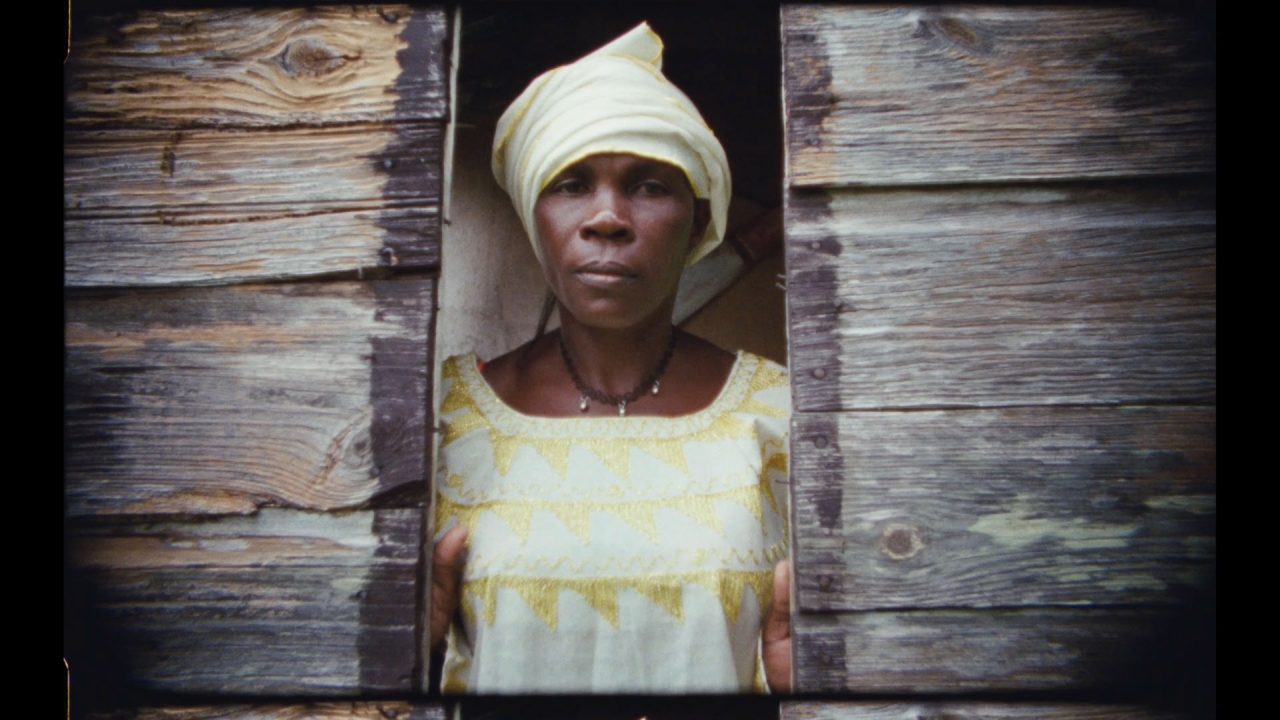
So you believe that the soul continues?
Yes, yes. I believe that we have these eyes, but we really can’t see anything. These are a crutch to us. We have these ears, these senses, but they are just crutches to real hearing, to real sight. We think this world is the ultimate reality because it is tangible, we can touch it, but I believe that the opposite is true. What you can’t touch, what you can’t see with these eyes are realer. There are things vibrating on a higher frequency that these senses are able to comprehend. Also in the way that the body is a limit to the mind. When the mind is truly free from the body, now you are experiencing heaven. You’re experiencing your reality. This isn’t our reality, this is more like a dream being here. It’s a dream because the idea of the ego, which is a separate self. My interest competing with others’ interest. That’s not reality, that’s scarcity. Reality is abundance and you know all of the appetites of the body, they are just that. The mind doesn’t have the anchor, it’s free. So, there is no death. You give up the shell, you give up the physical form, it’s just necessary as a communication device in the world.
Where in New York are you based?
I grew up in Long Island New York, a place called Bellport, but I’m all over the city: Harlem, Queens… I spent a lot of time in my youth in Jamaica Queens.
Your previous job was working at a television station, which you described as quite monotonous work. What did you learn there, if anything?
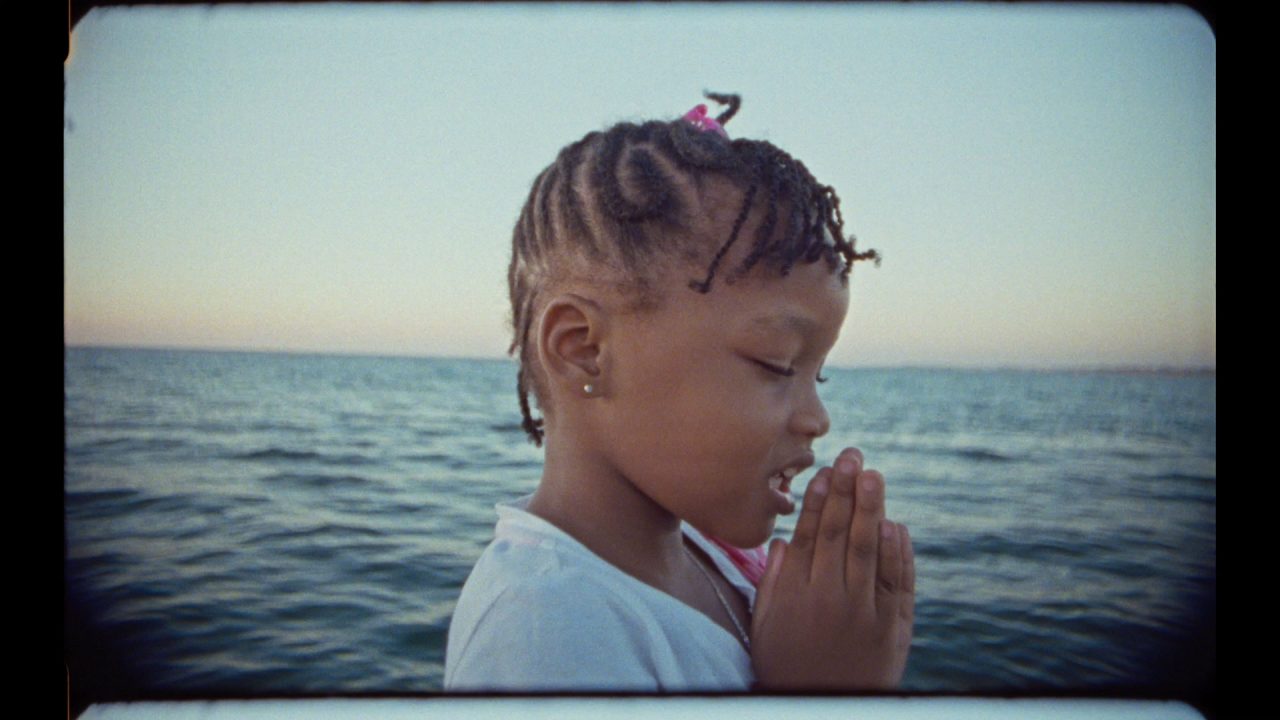
When did you create the Wu Tang film?
I started working at the TV station in 2009, and I left in 2015. When I made Popa Wu: A 5% story, I finished that in 2010.
A side job does often allow you the financial freedom to work creatively, although it can be distraction.
That’s the thing. It stopped me from shooting Bar Mitzvah’s and Sweet 16s, because I wanted to keep the camera pure. I didn’t want to associate it with making money. Had I been using it just for money, it may have tainted my own creative expression when I went to make Field Niggas.
Do you see yourself as a photographer, a filmmaker, or an artist?
I used to think that photography and film-making was boring, but then I stated to learn and get into it when I had a reason. I consider myself more like a minister than anything. A jazz musician, I’m just using the camera as my instrument. Even as concepts, I want to gift them to the world. They’re just coming through film, and maybe if I was a doctor it would come through surgery or some other form.
For me, my ideas, they find expression through the camera. And most of these ideas are spiritual concepts. Atleast, that’s the end goal.
Also just riffin on politics, society, or my comment on the world, filmmaking becomes a dissection point for me, to release all of these ideas onto the world. By itself, its nothing. I came into film because I see it as a tool, as a means to an end. The end is much greater than the means. Now with Black Mother, in Jamaica people will know it isn’t just some tourist paradise. Once people see Field Niggas they’re going to know that the homeless people on the street are deeper than their presentation. A lot of people already know that, but I’m using this language, style, to do beautiful work.
The terms filmmaker, artist, they are all just titles. It’s bigger than that. I don’t even like having a name, that’s often used for separation. We are all one. They are terms though which are needed in the world, because it is a world of symbols. That’s the thing about this world, its all perception-based, nothing here is knowledge. It’s all perception.
The way you stylistically convey your messages is unassuming. Presenting it in a subtle way.
That is very important.
Is it your intuition driving it?
The form of the film is just as important as the content. The way the form is presented, it is a dance. It’s also showing that things are so much deeper than they appear to be. I don’t talk about statistics: how many people are being arrested or deposited back into the streets. I don’t want to make that sort of documentary-type film. My films are offerings, ones you watch at your own volition, and because of that they’re beautiful. I find beauty in everything, even in this world. This could be heaven if people choose to use that lens, and treat people that way. It can be completely transformed. There doesn’t need to be any wars, famine…but, people are choosing to see through the lens of greed and ego instead of the spirit. So, when I’m making my work, it’s all about electing an attitude which is beneficial to everybody and I empathise with my subjects.
You recently shot a project for Cadillac?
Cadillac reached out to me to photograph the Arab community in New York. Currently in America there is a lot of negative energy aimed towards Muslims. Cadillac of Dubai asked me to take portraits of the Arab diaspora of New York City… and it wasn’t easy, either. Approaching a lot of people on the street, they would say no, because they don’t know me, where I’m from or my work. They’re suspicious anyway because of all the negative attention they get. Over time I got the work done, and we presented it in Dubai. It’s a true blessing to travel with my work.
With Black Mother now screening in the festival circuit, what are your next plans?
I’m going to write a script, and get a narrative down. I’ve always had that in my mind, it’s what I wanted to do. My completed films are like a pre-requisite for that. I’m 32 now, and by 36 I want to have my first narrative film complete. I’ve got a lot of ideas, but I do want to do other things within that time, focus on photography too. The main thing is to take time, to not rush into my third film.
Self-taught, which other photographers or film-makers have opened your eyes to process and craft of photography or film-making?
The Japanese photographer Nobuyoshi Araki, I really love his energy. My work looks nothing like his, but I just really love his sensibility and his energy. He’s older than me, but has probably more energy than me! Daido Moriyama is another Japanese photographer that I like, he’s great. William Eggleston’s work helped me to start shooting with colour film. I’m self taught, so I learnt a lot from the Criterion Collection, watching the commentary and special features to then research further later. I studied different cameras on YouTube, too.
My favourite director though is Kurosawa, my all-time favourite director. I’m very inspired by his whole body of work, his whole legacy. Samurai culture in general, I love the honour, bushido. It was always inspiration. Also coming up in the 5% Nation, just being in the streets of New York and just being in Harlem is inspirational. Sometimes I just walk around at night time without my camera, absorbing the energy. My mother, my father, my four brothers, they’re all an inspirations to me, too.
I’m building myself up for longevity. When I’m 80 years old I still want to have a film coming out when I’m 81. I still want to have a good reputation in the film community later on in my life. There’s so much going on and it’s easy for people to get drawn in different directions, so it’s all about staying focussed, and focusing on the work.
∆
Films stills © Khalik Allah | Written by Monique Kawecki | London-based Editor In Chief


